
- This event has passed.
IDESSAI 2024: Fourth Inria-DFKI European Summer School on AI
Large AI Models and Robotics and AI
September 9, 2024 – September 13, 2024 UTC+1
IDESSAI 2024 was designed for PhD students in all areas of AI, including machine learning, knowledge representation and reasoning, search and optimisation, planning and scheduling, multi-agent systems, natural language processing, robotics, computer vision, and other areas. PhD students in other fields, MSc students, postdocs, and researchers in academia and industry are also welcome.
IDESSAI 2024 is the fourth yearly Summer School organized by the two renowned German and French AI institutes, DFKI and Inria. It stands out from the crowd of offerings for AI students in several aspects:
- We ensure a good balance in the number of participants and instructors: participants will have the opportunity to join a community of like-minded people, and, at the same time, they will be in close contact with the experts.
- Our program features a line-up of courses focused on two themes, Large AI Models, and Robotics and AI, which are at the forefront of socio-economic issues related to AI.
- On top of the latest methodological advances and the shared vision of the future that both organizing institutes have to offer, IDESSAI 2024 will be practically oriented. We will achieve this through hands-on courses and the involvement of industry practitioners and innovators.
- Participants will be offered to the opportunity to present their work to each other in dedicated poster/demo sessions.
Large AI Models and Robotic and AI will take place in two parallel tracks. There will be plenty of opportunities to exchange between these two tracks at coffee breaks, meals, and social events, as well as through joint cross-track sessions.
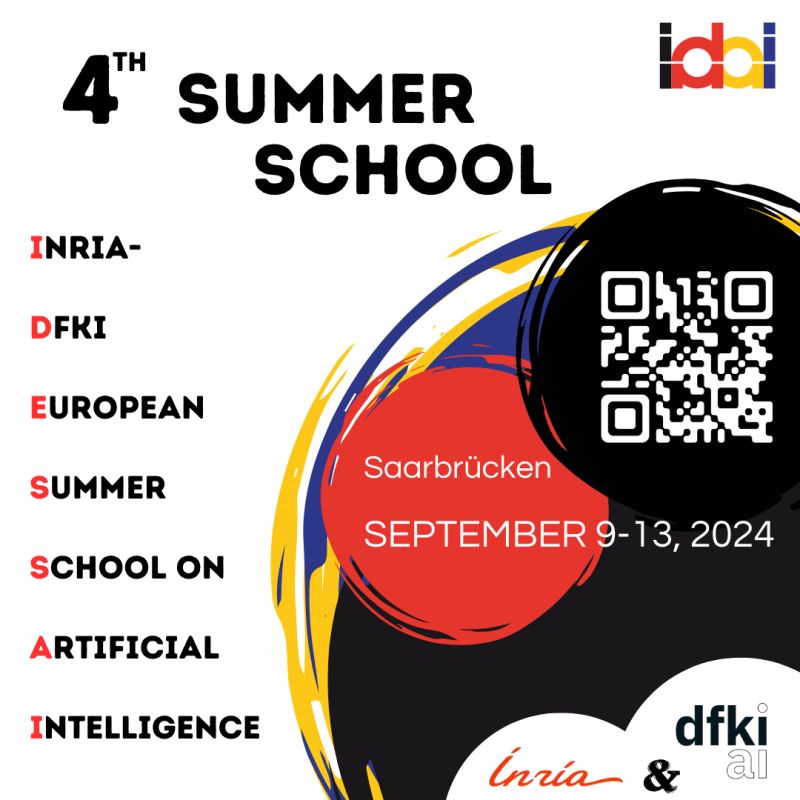
Registration deadline: August 23th, 2024
Fees & Registration
The fees are all-inclusive. Please keep in mind that an accommodation must be organised on your own and paid by your own. For more details and to register, see https://idessai.eu/registration-2024/
To ensure a good balance in the number of participants and instructors and maximize the chances of interaction, the number of attendees is limited to 50 per track. Applicants will be selected on the grounds of diversity and benefit gained from attending the selected track.
Agenda and confirmed speakers
Keynotes
- Wolfgang Wahlster (DFKI) – Industrial AI for Smart Manufacturing
- Karën Fort (Université de Lorraine) – Ethics in Natural Language Processing: don’t look up!
- Kai Warsönke and Henrik Waschke (Volkswagen) – Increasing product quality in the automotive industry through the Virtual Measurement Data Analysis (VMDA)
- Xavier Hinaut (Inria) – BrainGPT: Tailoring Transformers into Cognitive Language Models
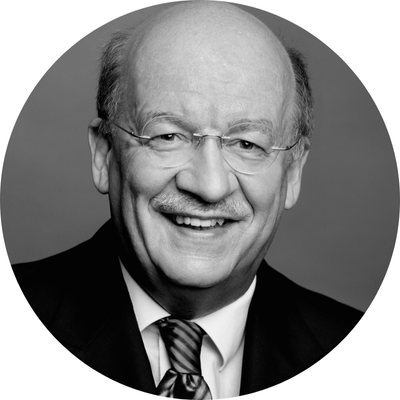
Track A: Large AI Models
- Christophe Cerisara (CNRS) – Introduction to Large Language
- Malte Ostendorff (Deutsche Telekom) – Training Data for Large Language Models
- Christophe Cerisara (CNRS) – Efficient LLM training
- Mariya Toneva (MPI) – Relating LLMs to human brains
- Jindong Gu (Google Deep Mind) – Responsible Generative AI
- Marc Lelarge (Inria) – LLMs for code
- Gerit Großmann and Islam Mesabah (DFKI) – Language Models and Structured Knowledge in AI
- Alexandre Défossez (Kyutai) – Auto-regressive modeling of discrete audio tokens
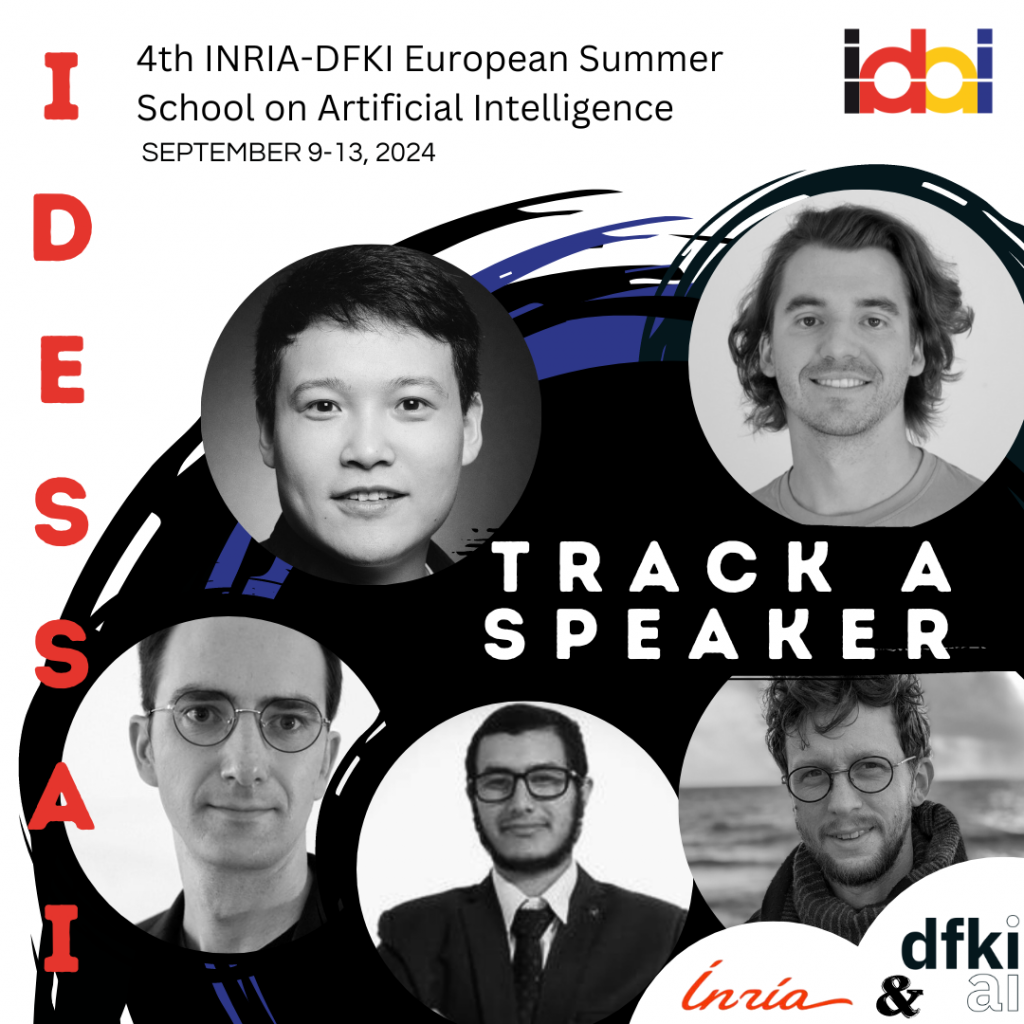
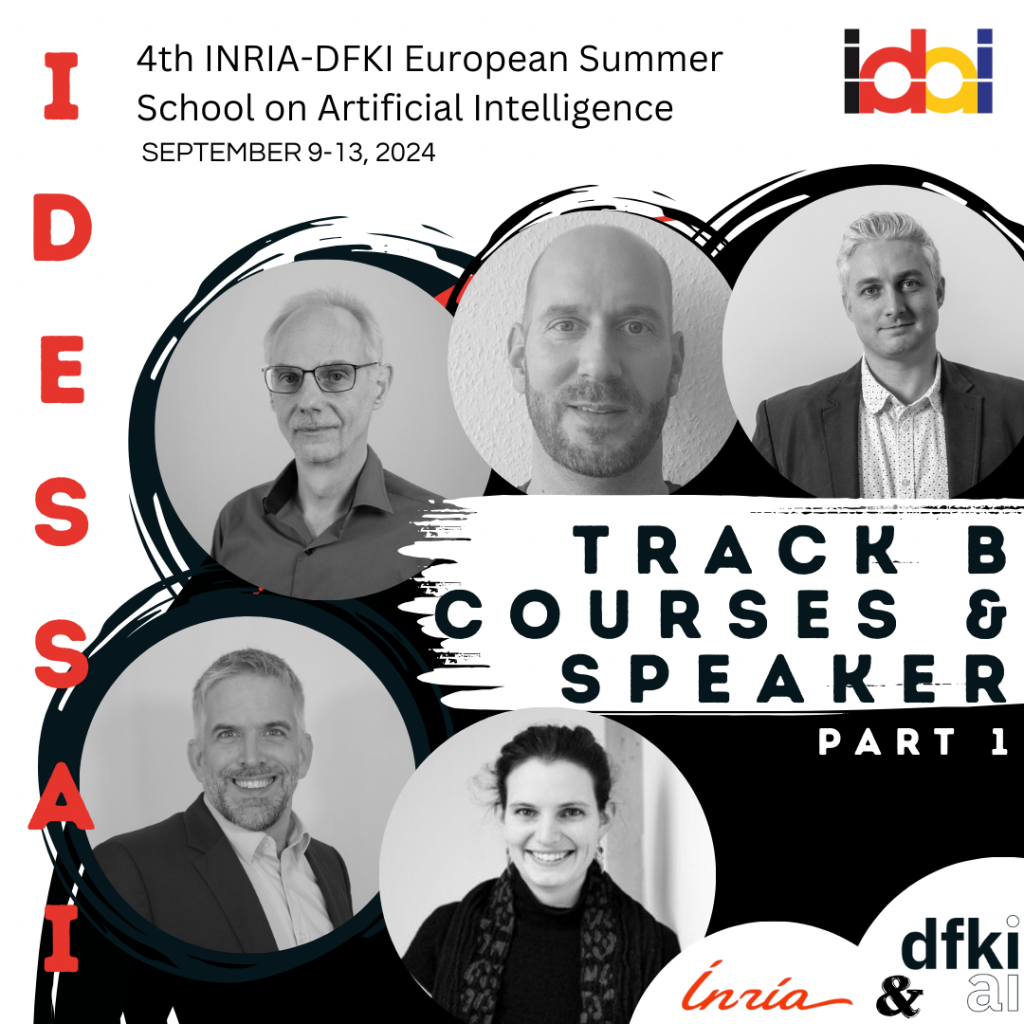
Track B: Robotics and AI
- Daniel Porta (DFKI) – Digital twins for AI-based industrial applications
- Pia Bideau (Inria) – Navigating Together: Integrating Analytical and Learning-Based Approaches for Distance Estimation
- Marie-Odile Berger (Inria) – AI for computer vision: using high level features for localization
- Xiaomei Xu – Hands-On Robotic-Course – Multi-Robot Simulation using Siemens Tecnomatix
- Martin Suda and Mikolas Janota (CIIRC Prague) – Powering Logic-Based Reasoning with Machine Learning and Vice Versa?
- Tim Schwartz (DFKI) – Practical Tour through the German-Czech Innovation Lab for Human-Robot Collaboration in Industrie 4.0 (MRK 4.0 Lab)
- Maurice Rekrut and Marc Tabie (NEARBY/DFKI) – The NEARBY Project – Variabilities in Brain-Computer Interfaces – Towards applying BCIs in real-world applications
Within the Track B, do not miss the RICAIP Day with great speakers coming from our partner organisations – DFKI, CIIRC CTU and ZeMA:
Track B: RICAIP – Day
Thursday, September 12, 2024

We are very pleased that RICAIP can be part of the programme of such an event. Join us on an engaging day focused on robotics and innovation at ZeMA Saarbrücken. The event will feature hands-on experiences and insightful tours designed to showcase the cutting-edge advancements in human-robot collaboration.
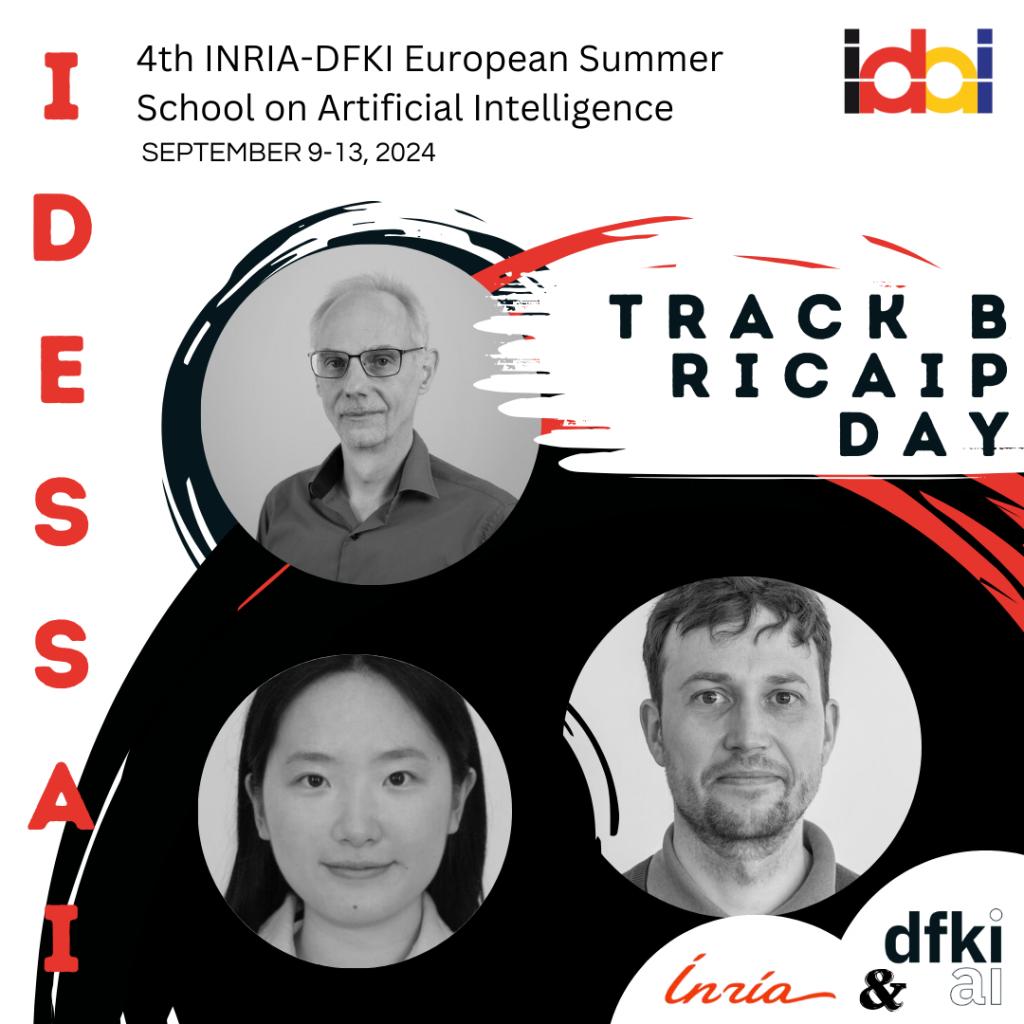

Xiaomei Xu
ZeMA
Hands-On Robotic Course
In the 90-minute “Hands-on Robotik-Kurs”, we divide the group activity into two segments. The first segment, lasting 30 minutes, provides a Quick Guide for Siemens Tecnomatix (Software User Interface and basic function). This guide explains how to build a virtual environment for robotic simulation applications in welding, deburring, and painting. The second segment, lasting 60 minutes, involves robot path planning based on the manufacturing geometry for welding, polishing and painting processes.

Tim Schwartz
DFKI
Robotics-Lab Tour
In this tour, we will show you around in our german-Czech Innovation Lab for Human-Robot Collaboration in Industrie 4.0, or MRK 4.0 Lab for short. As the name implies, we focus on Human-Robot Collaboration. In extension we also deal with human-robot communication, the orchestration of hybrid teams (i.e. teams consisting of humans, robots and software agents) and practical applications of Industrial AI, Asset Administration Shells, Digital Twins and general Industrie 4.0 topics. Human-Robot communication is not necessarily limited to spoken or written language, but includes all sorts of modalities: from more traditional control units, over manual teach-in to Augmented and Virtual Reality etc. We will show you practical examples from different projects, we are currently working on or have been working on in the past, encouraging questions and discussions throughout the whole experience.
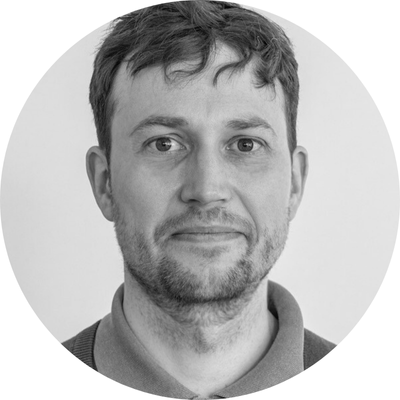
Martin Suda
CIIRC CTU
Powering Logic-Based Reasoning with Machine Learning and Vice Versa?
We will provide an overview of the state-of-the-art technology in logic-based reasoning, ranging from propositional satisfiability and satisfibility modulo theories to automatic and interactive theorem proving. The corresponding tools, often referred to as “solvers”, find many applications in areas such as hardware verification (chip design), software verification (program correctness) or automation of math. We will also discuss how machine learning and, in particular, neural networks enter the picture of the development of such solvers, able to automatically help discover new guidance heurstics, so necessary for fighting the inherent combinatorial explosion. Finally, we will also contemplate the opposite direction for field synergy: Couldn’t logic-based tools help us eliminate errors from neural networks’ outputs, most notably guard as against LLM hallucinations?
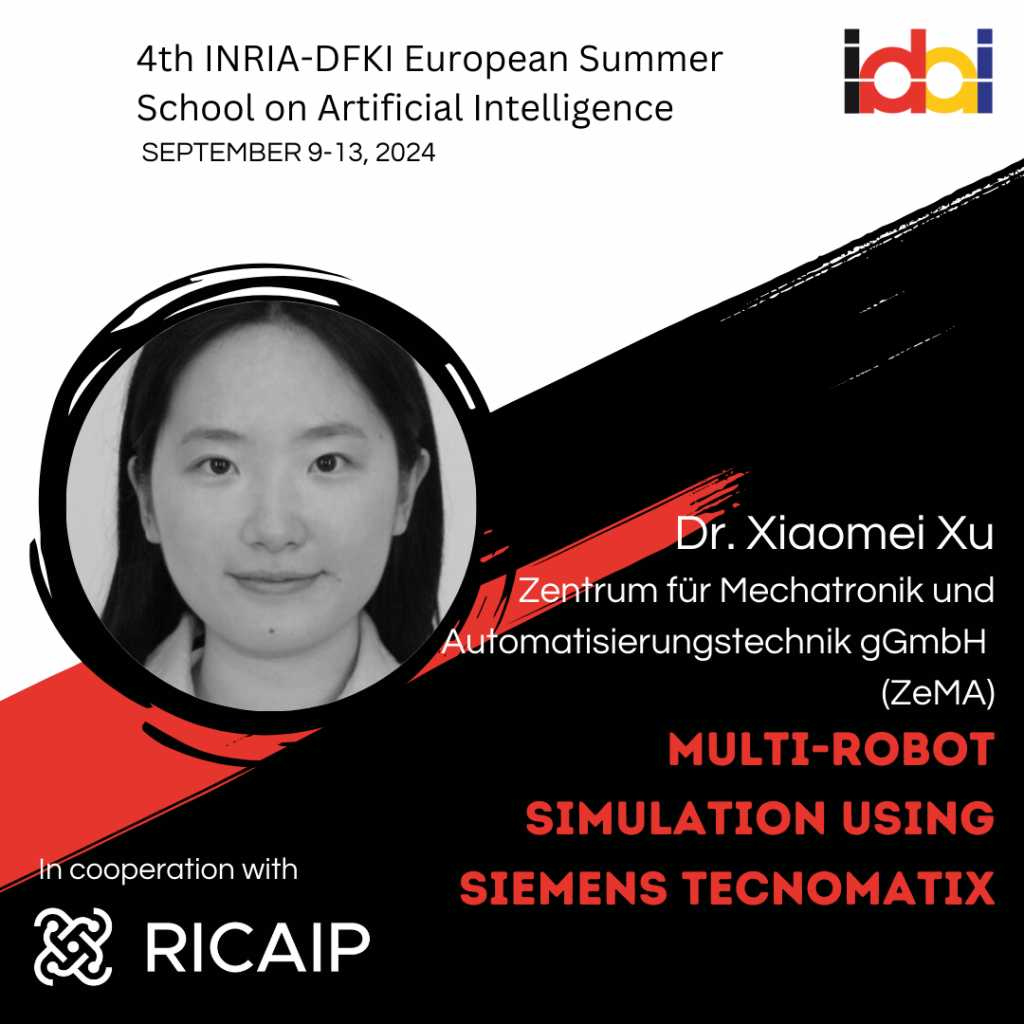
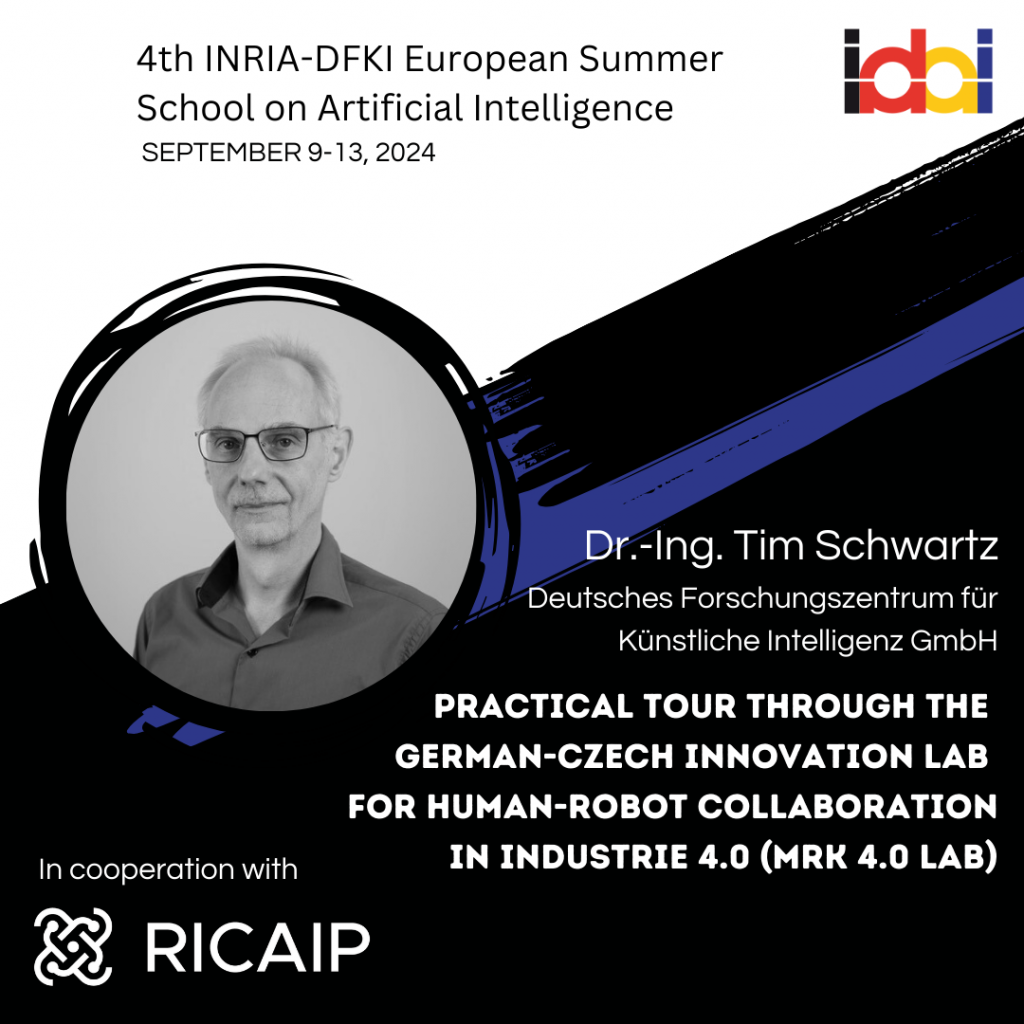
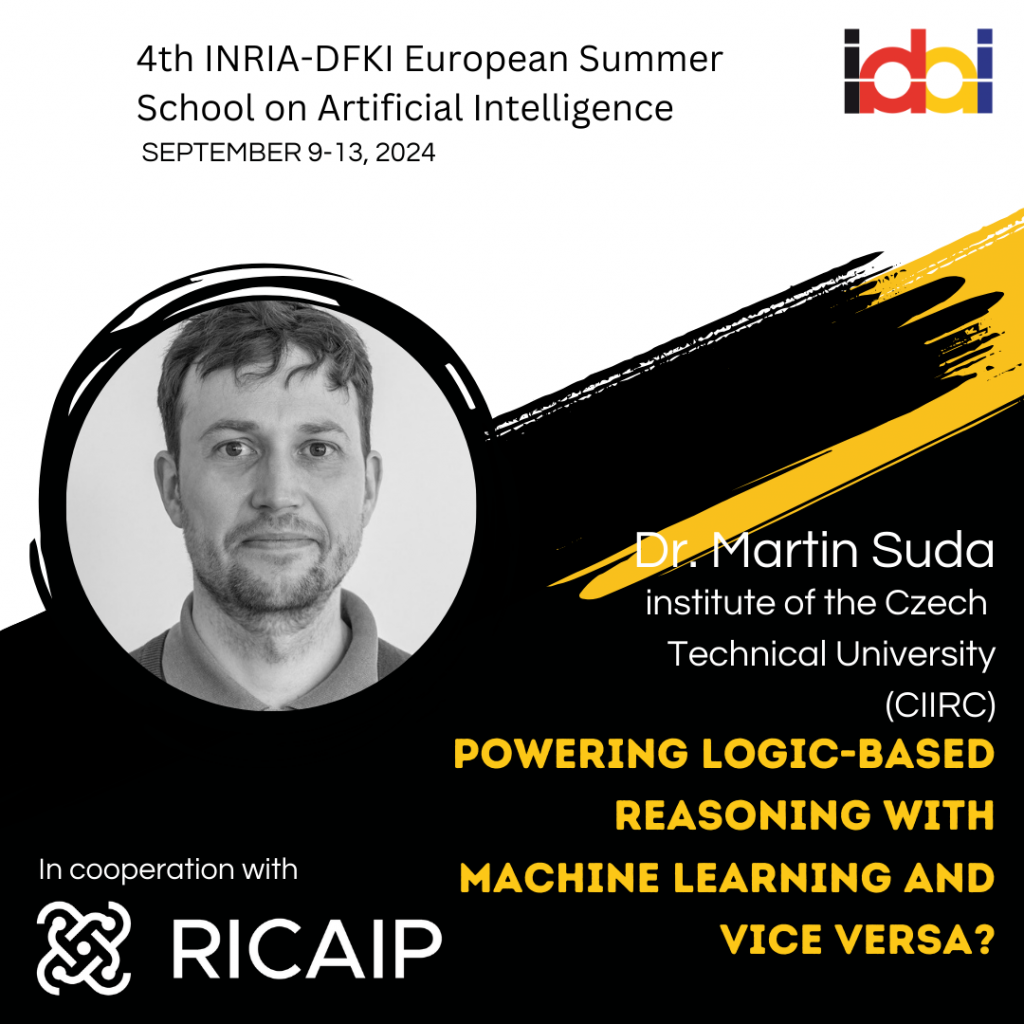
Photos from the event
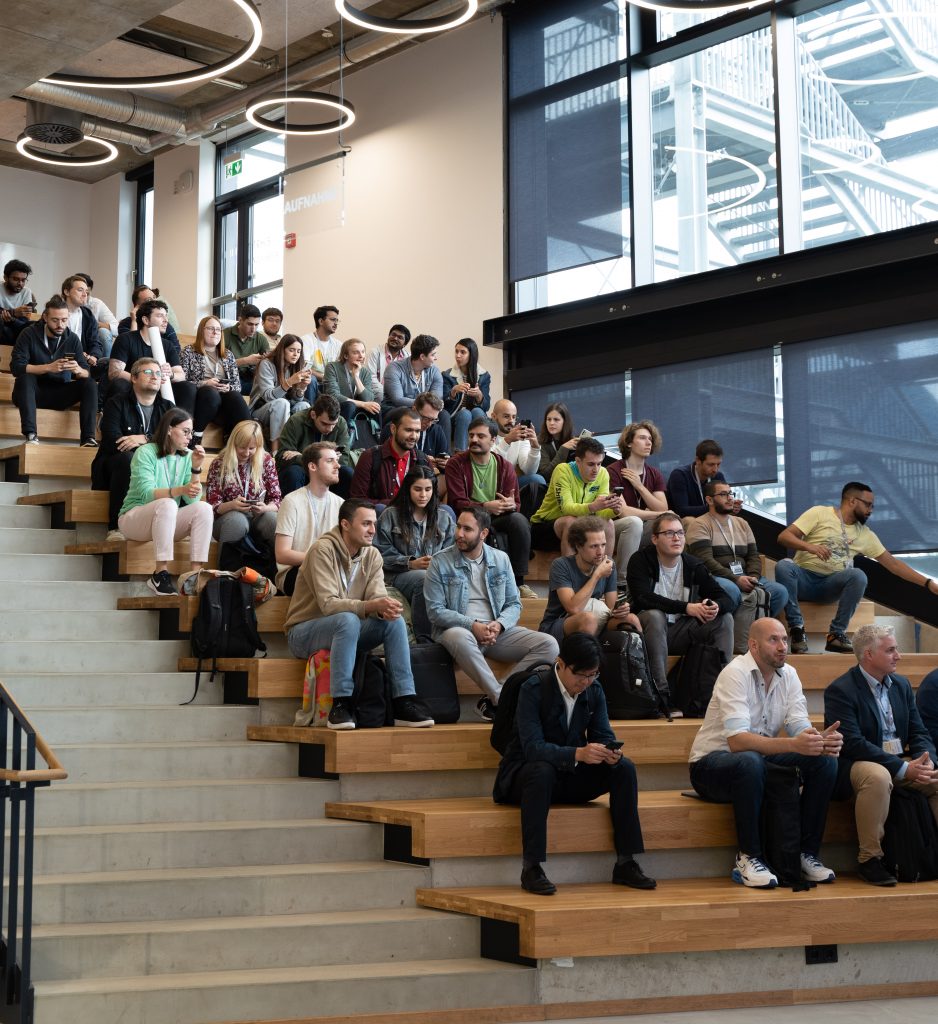
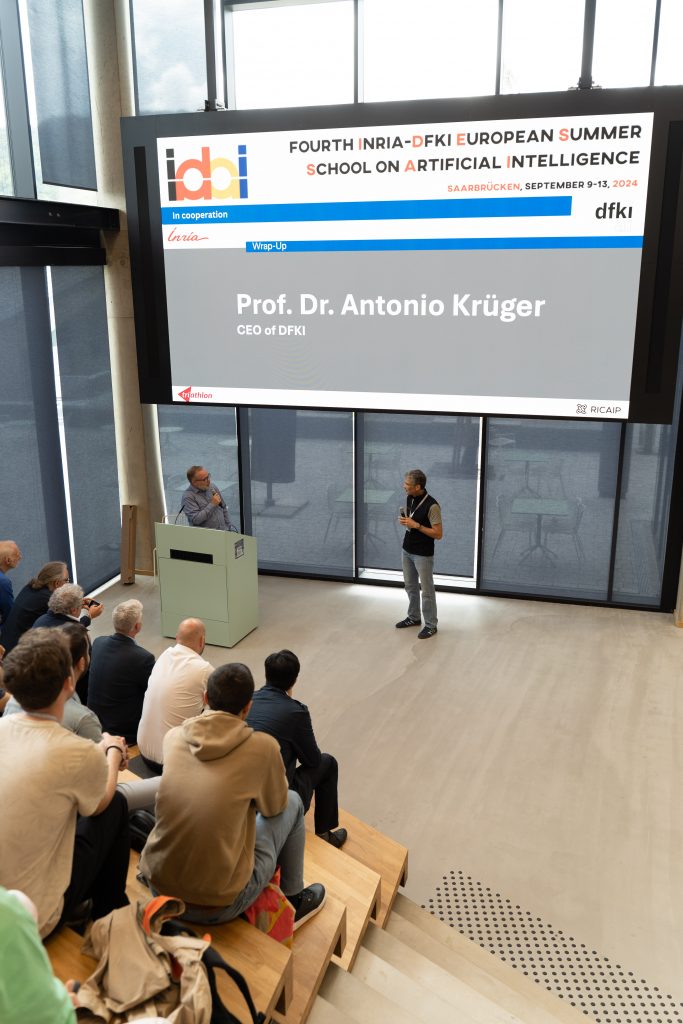
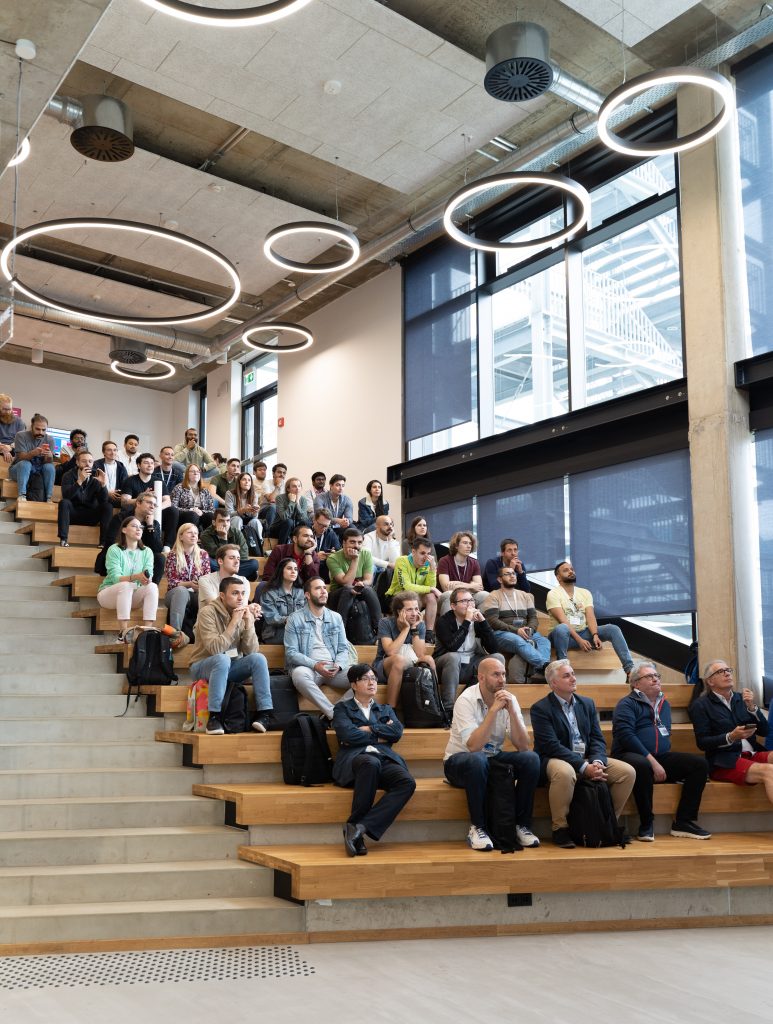
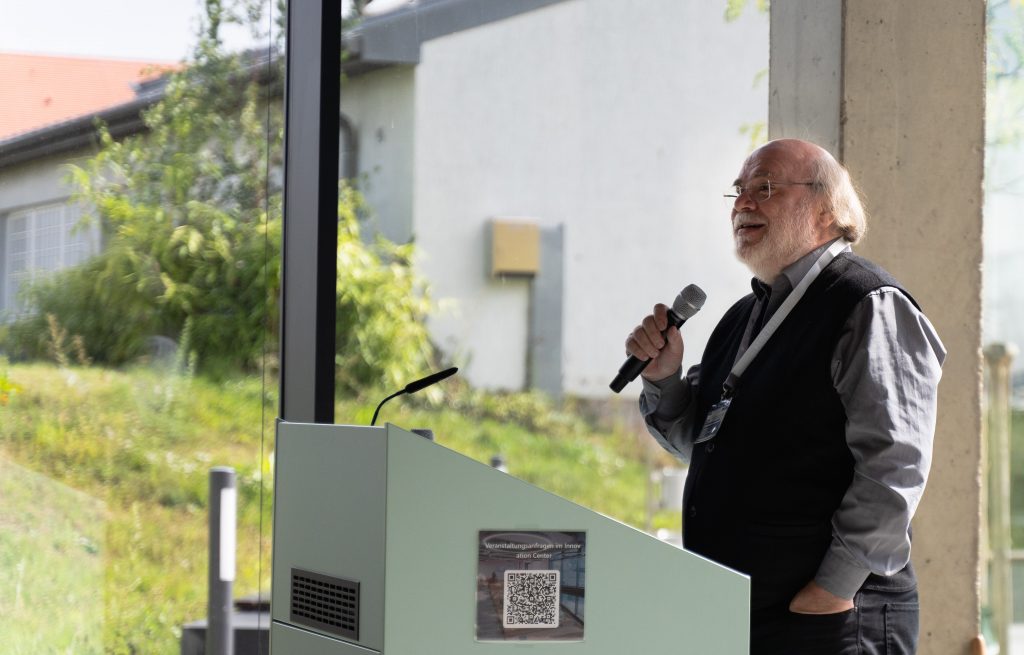
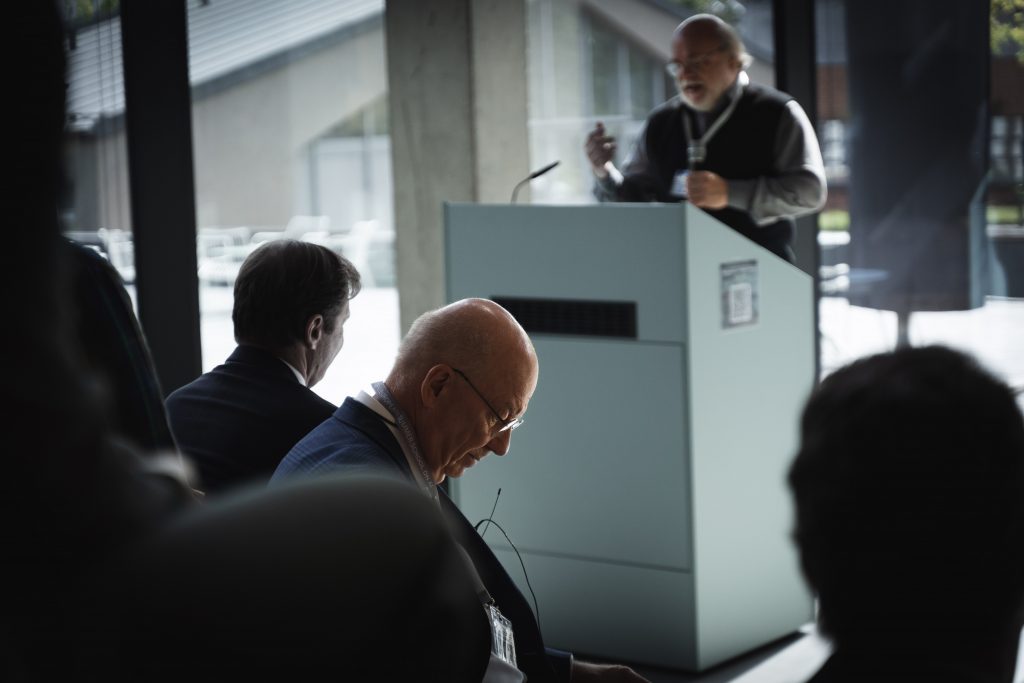
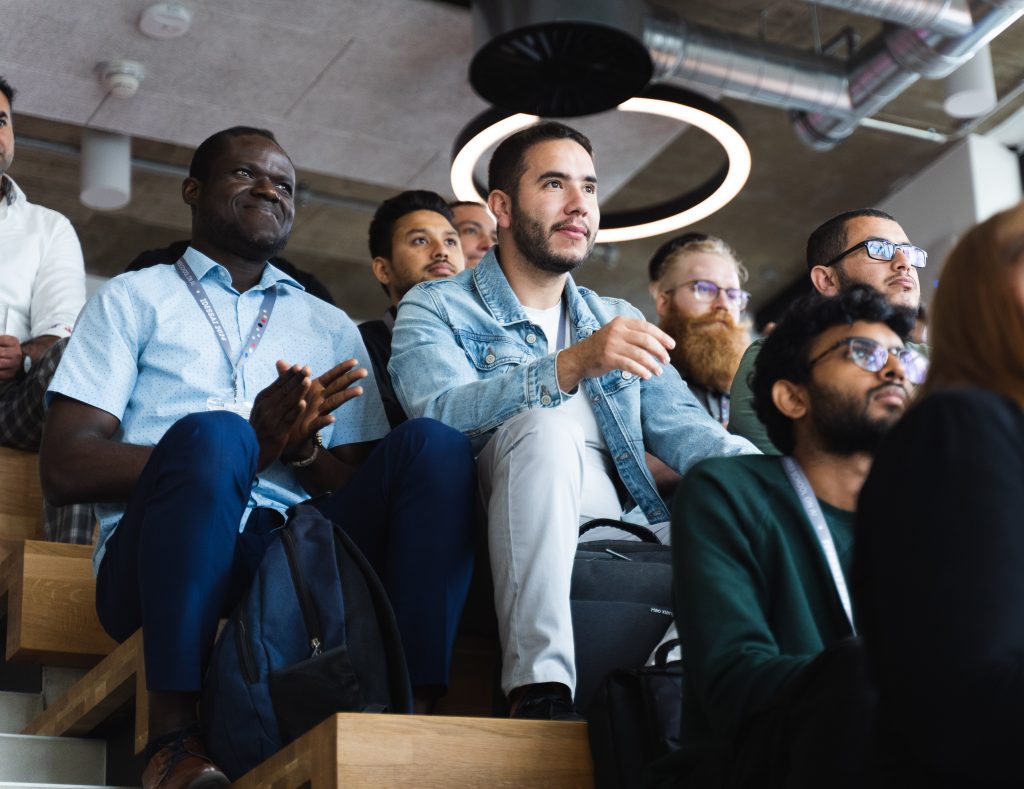
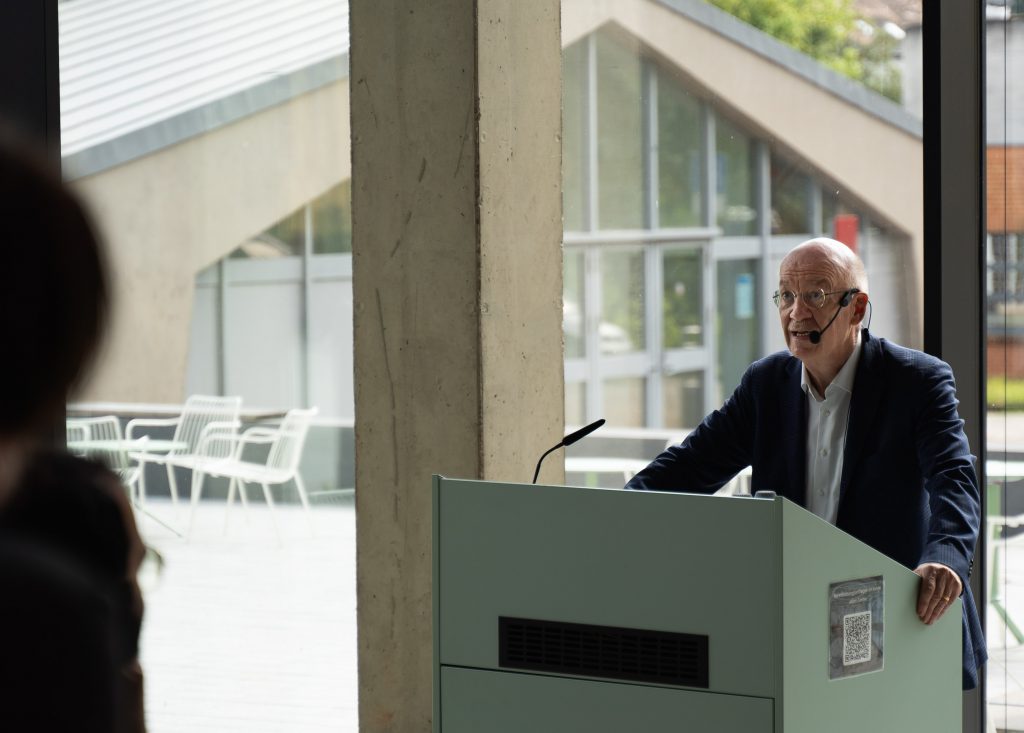
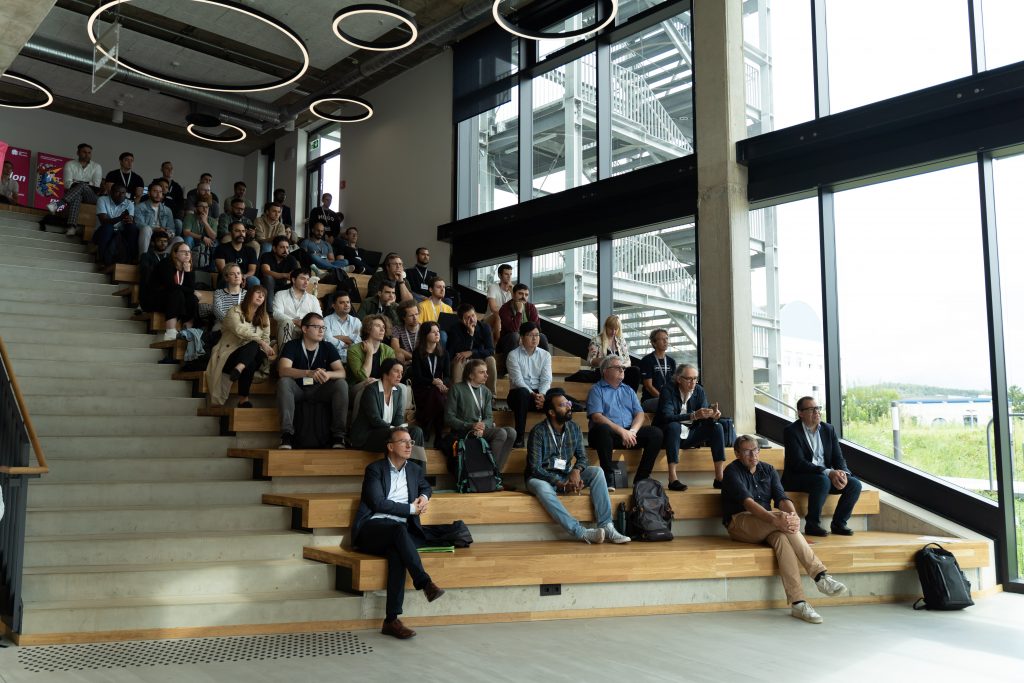
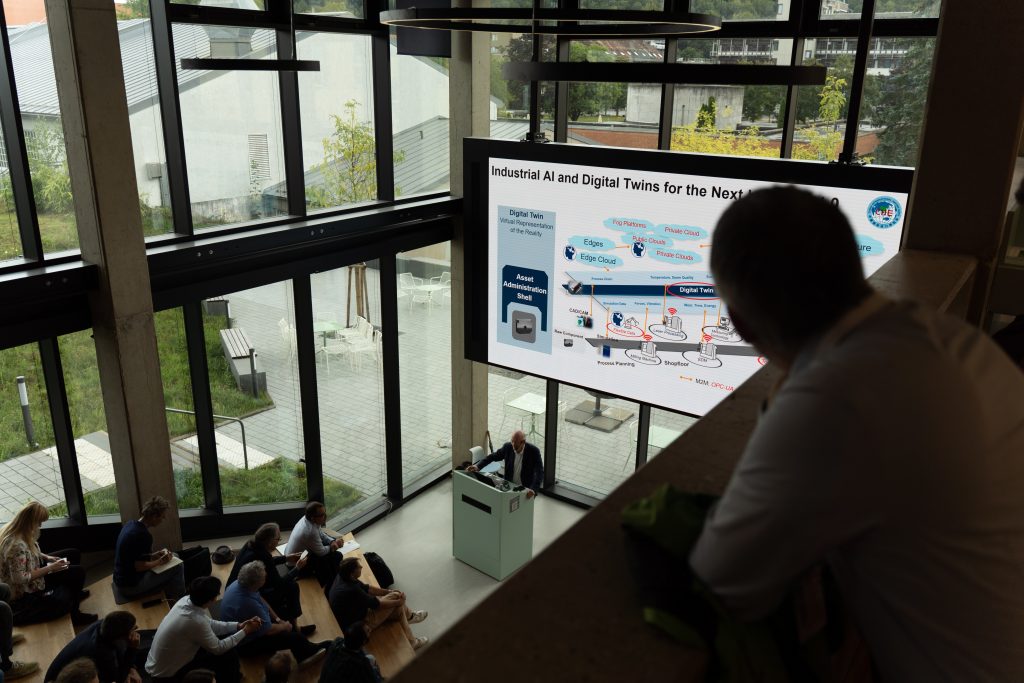
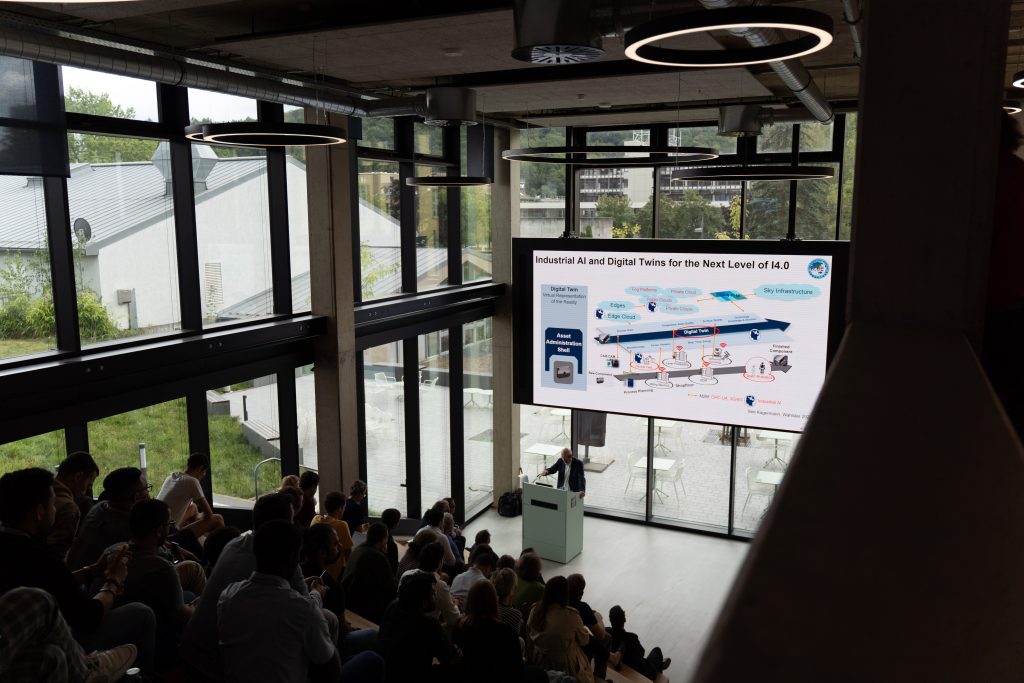
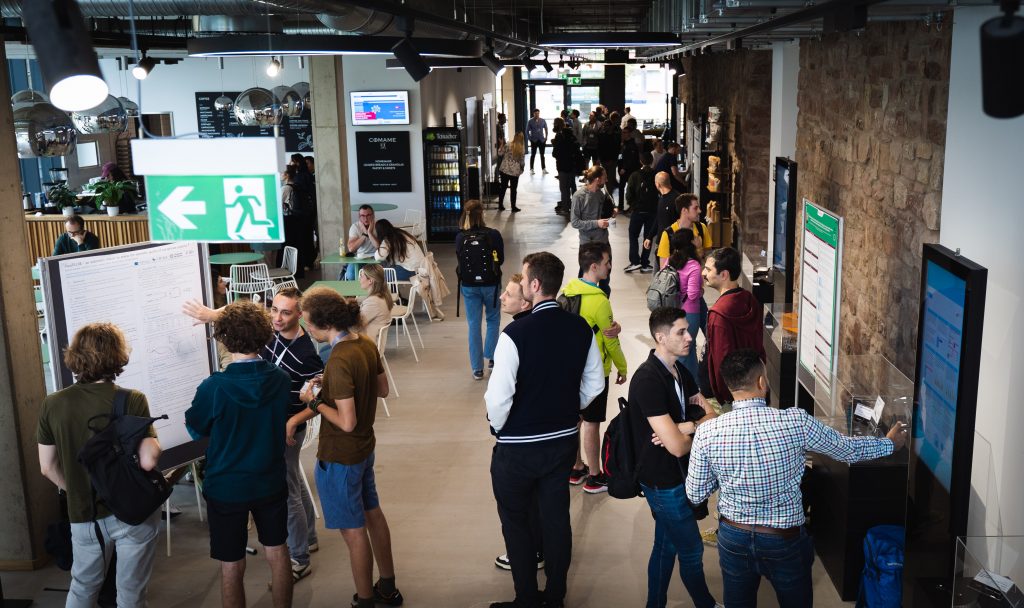
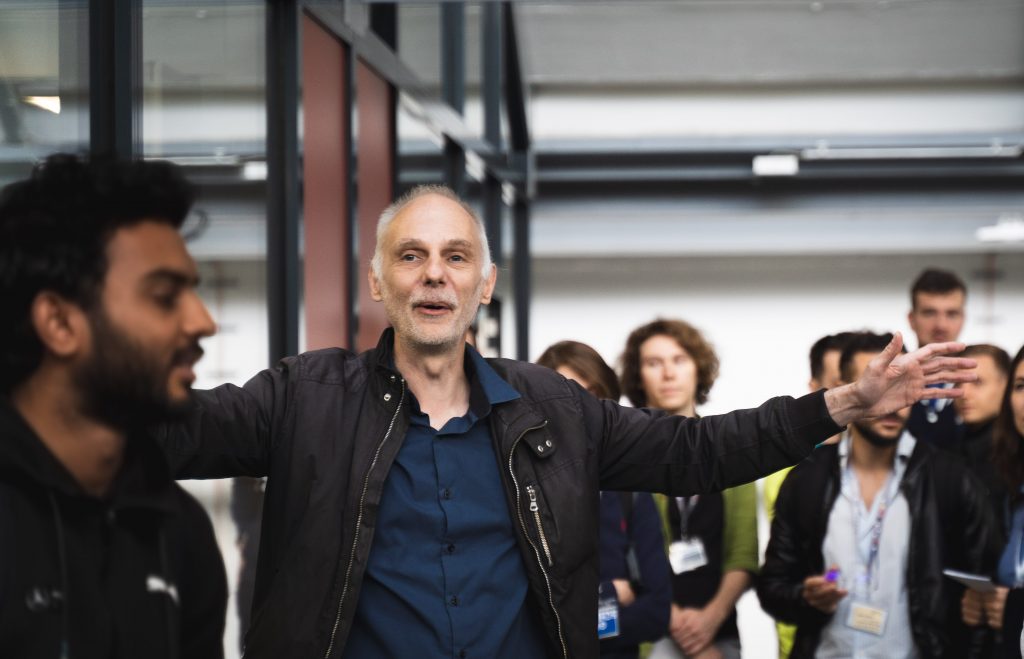
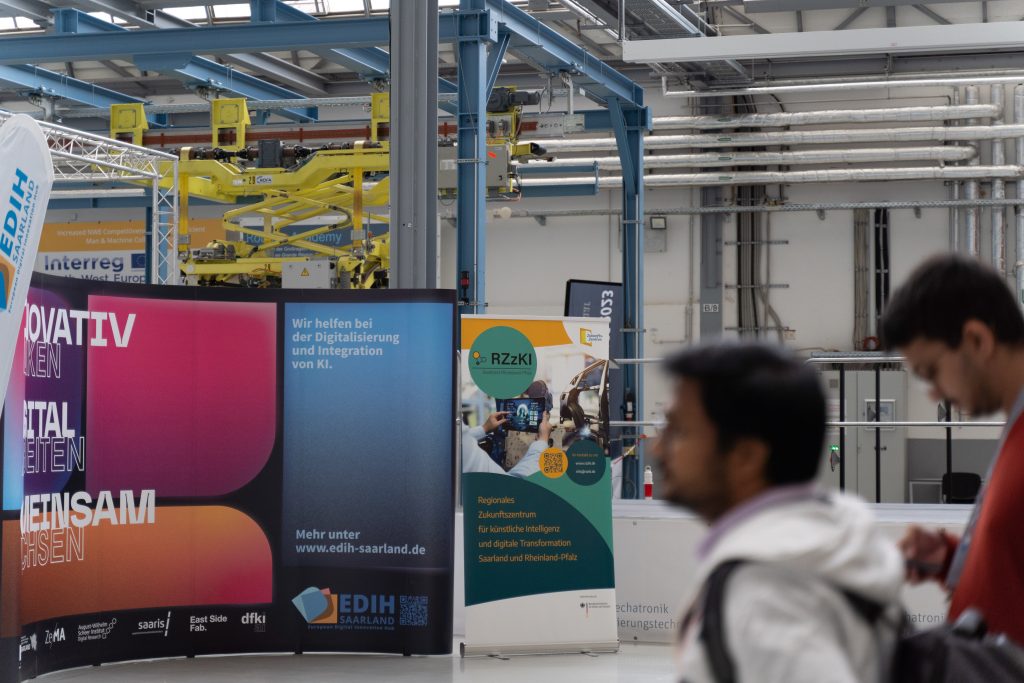
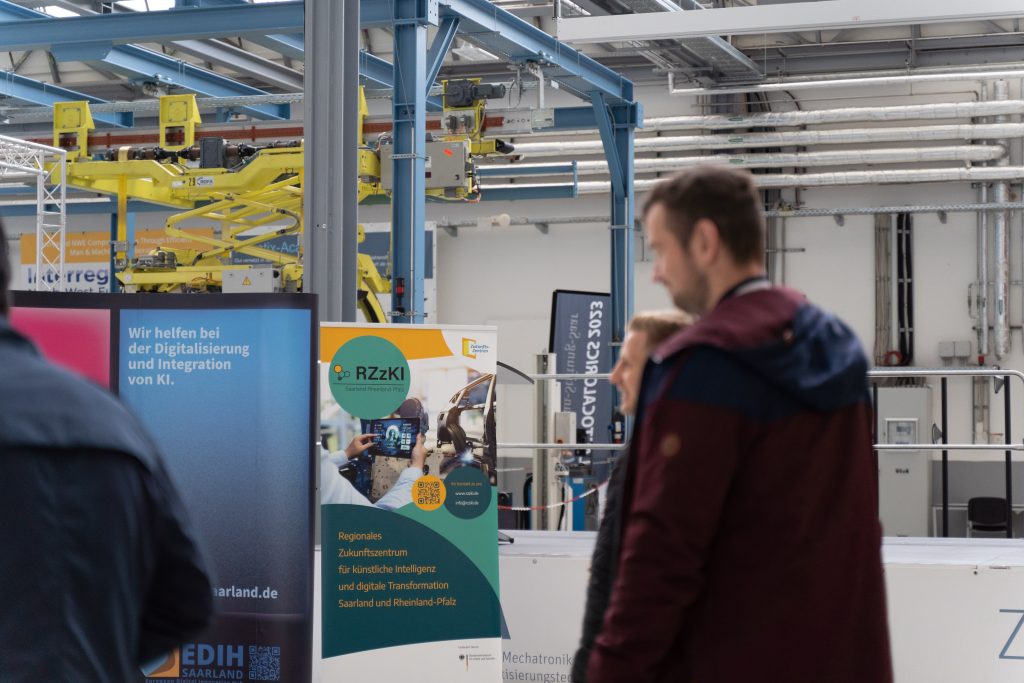
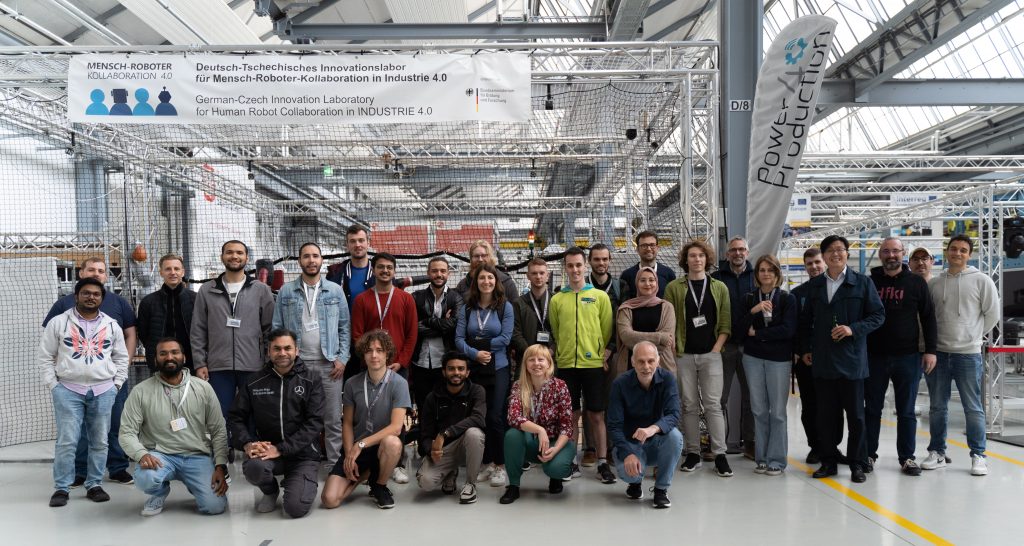
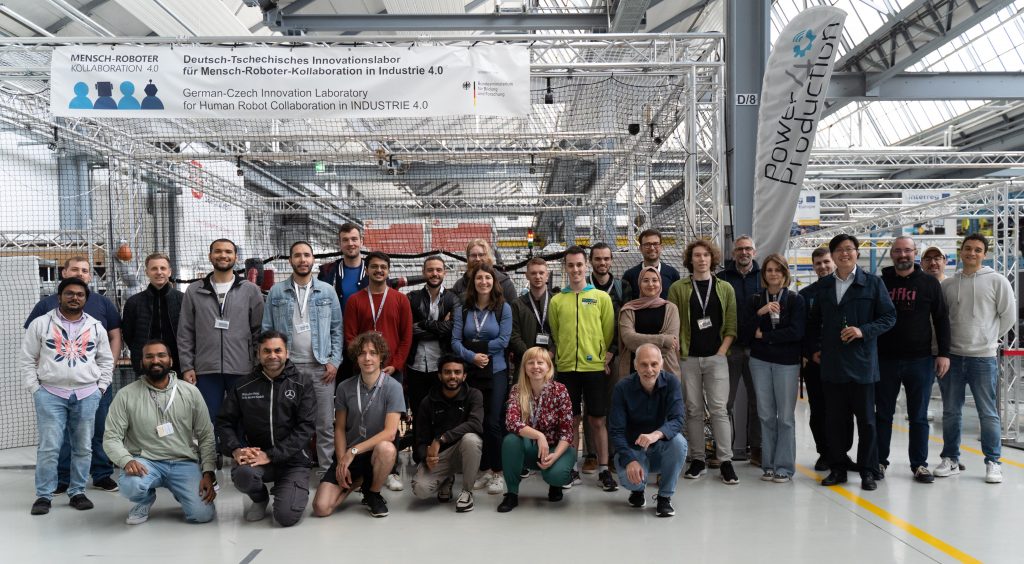
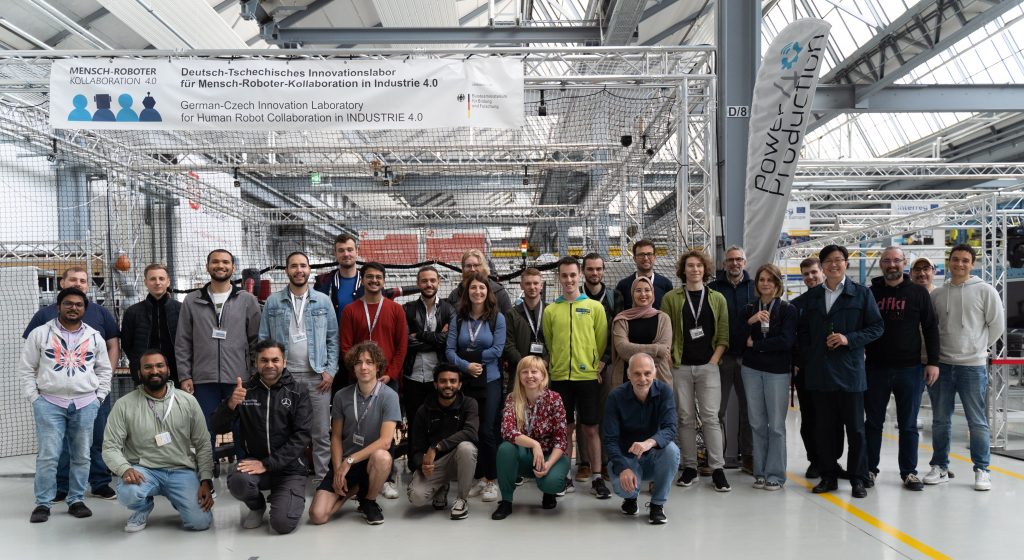
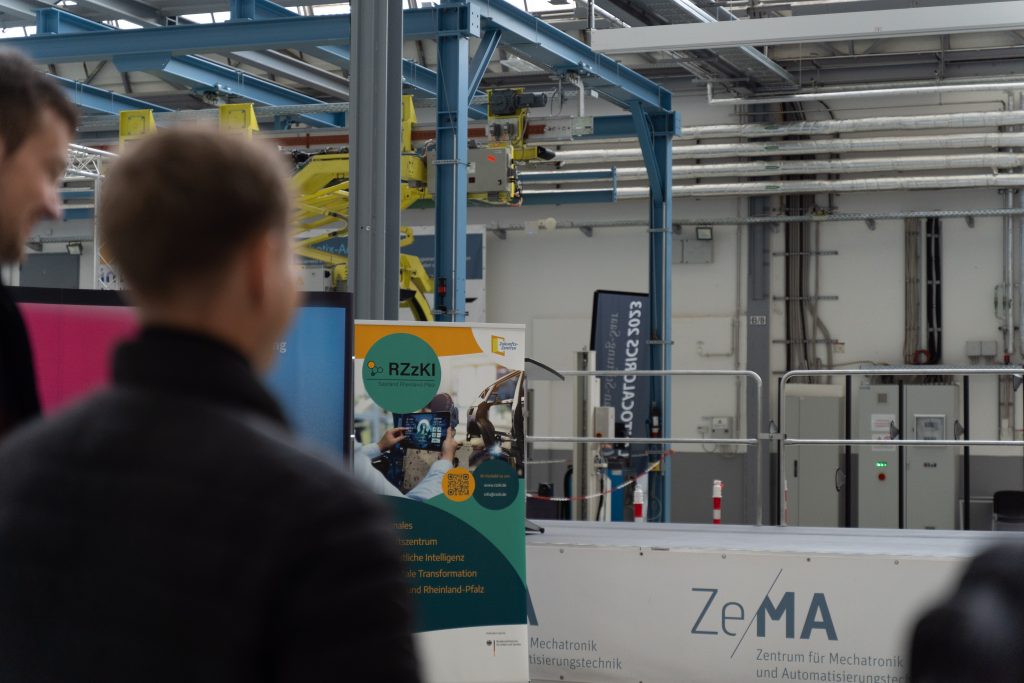
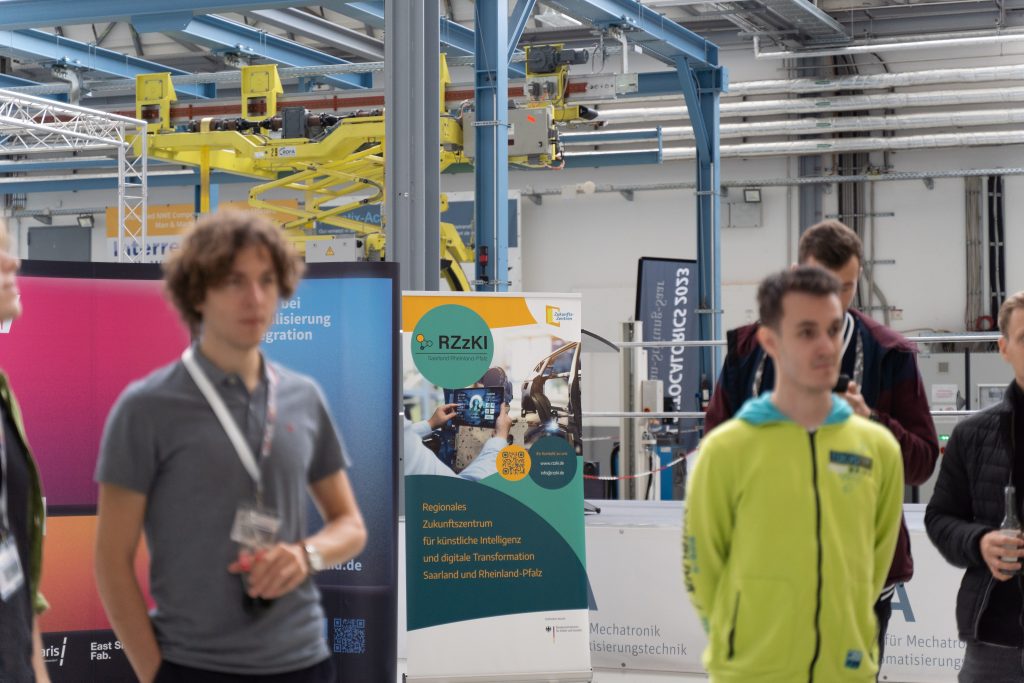
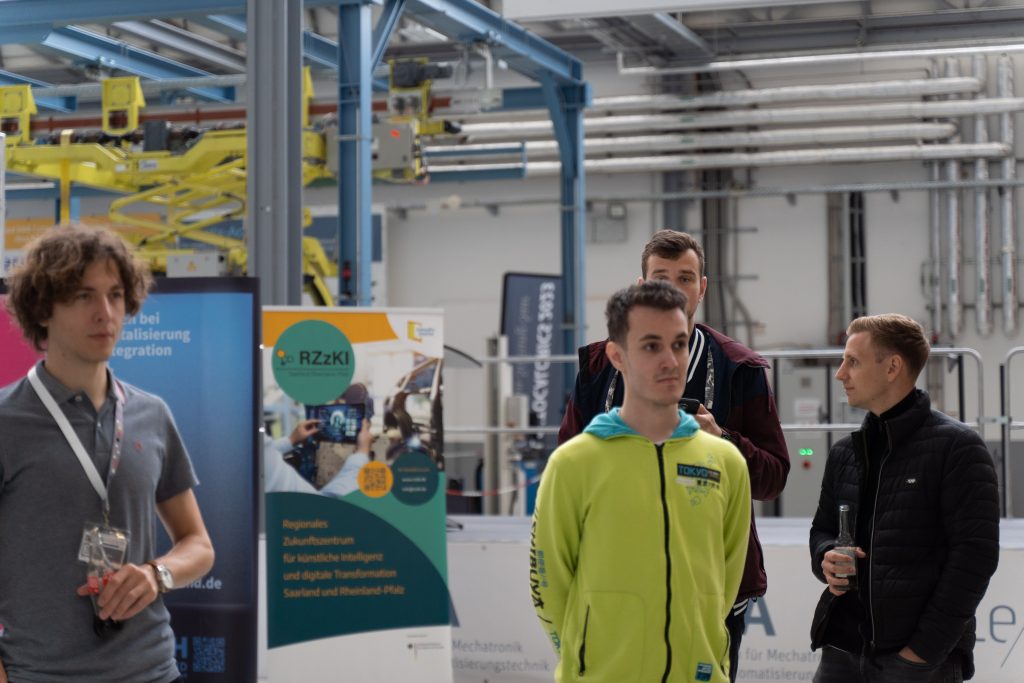
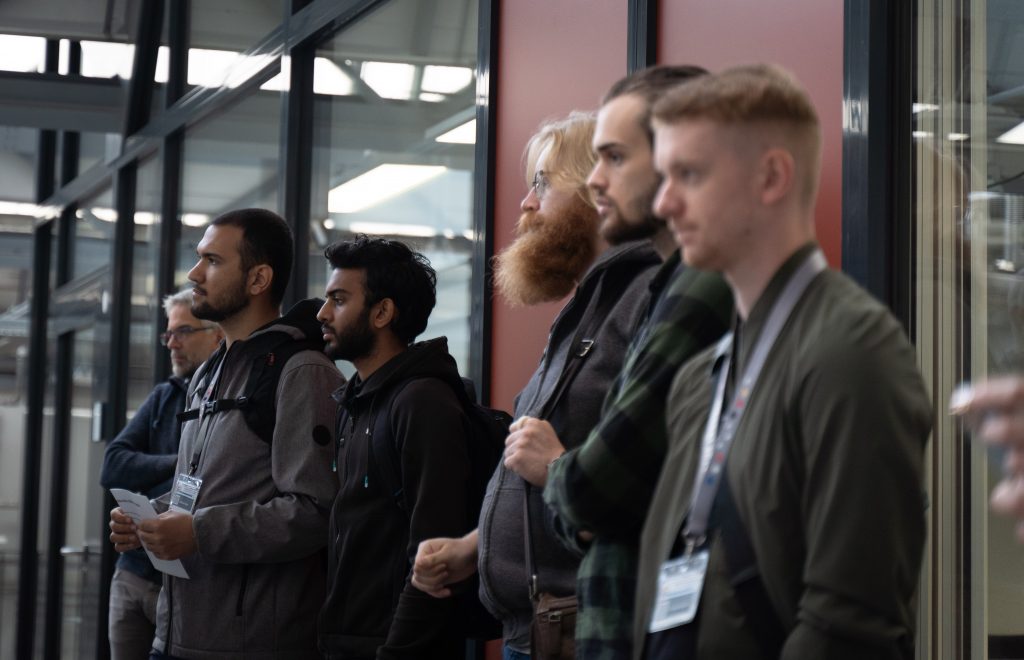
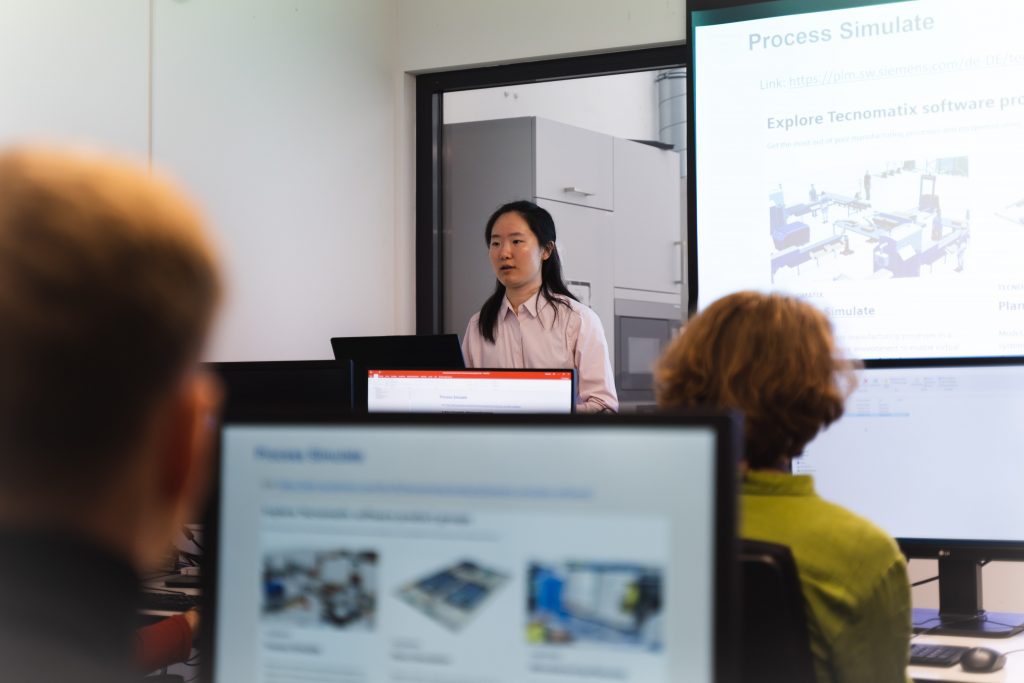
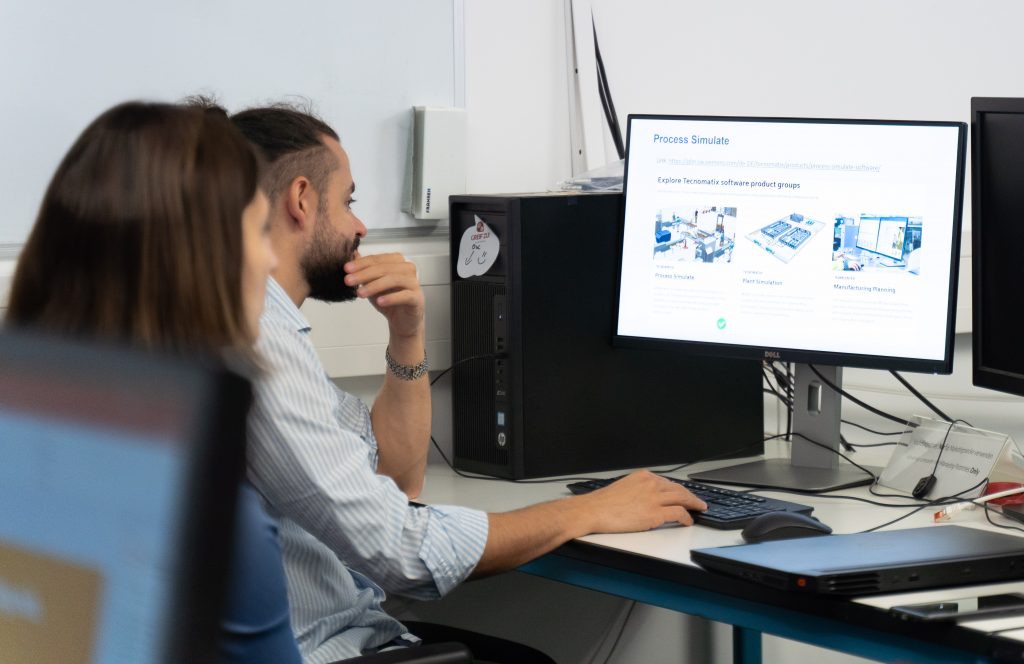
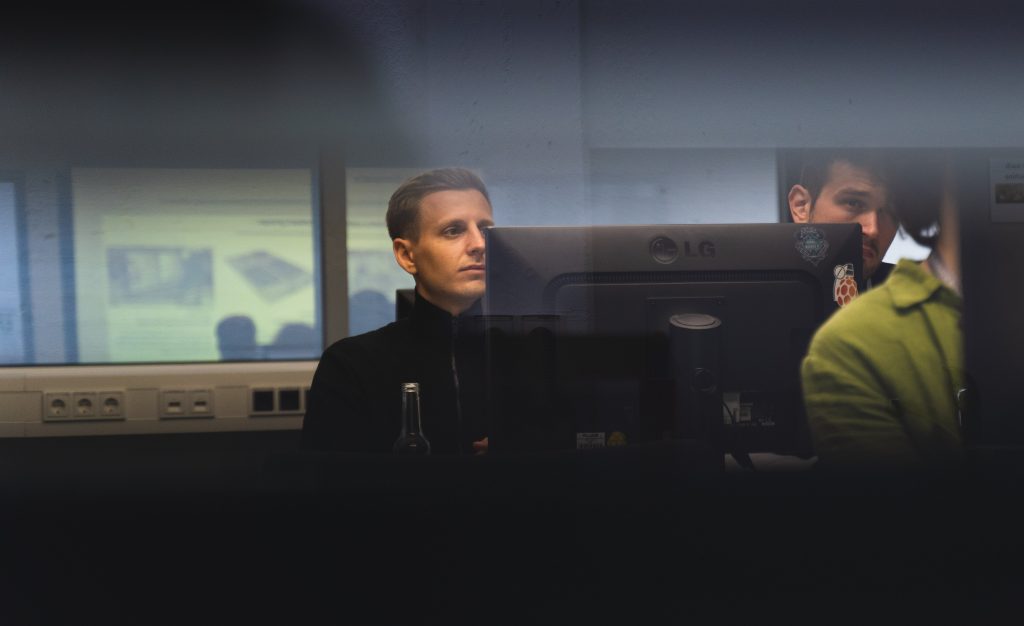
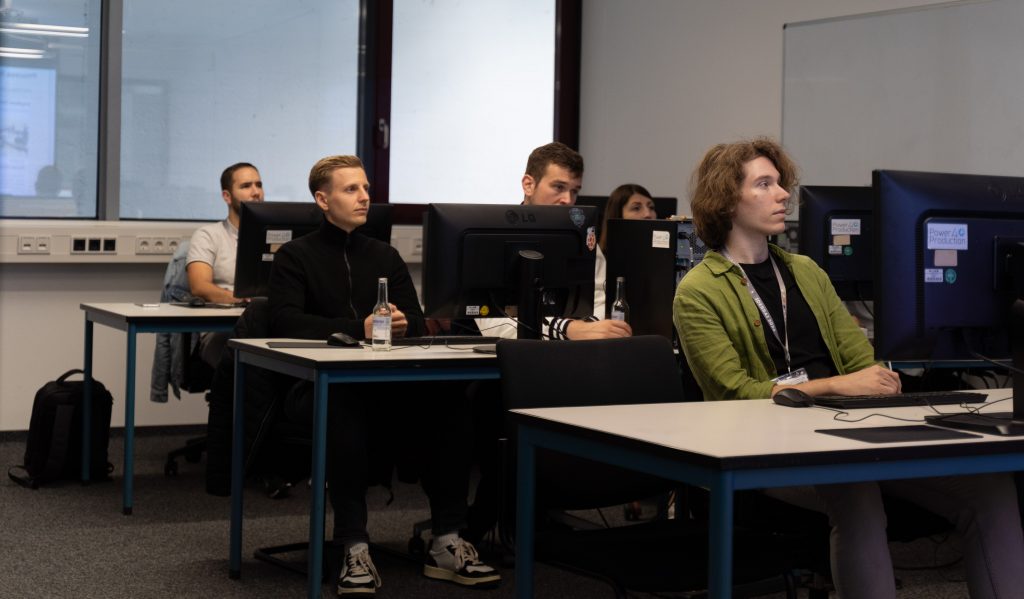
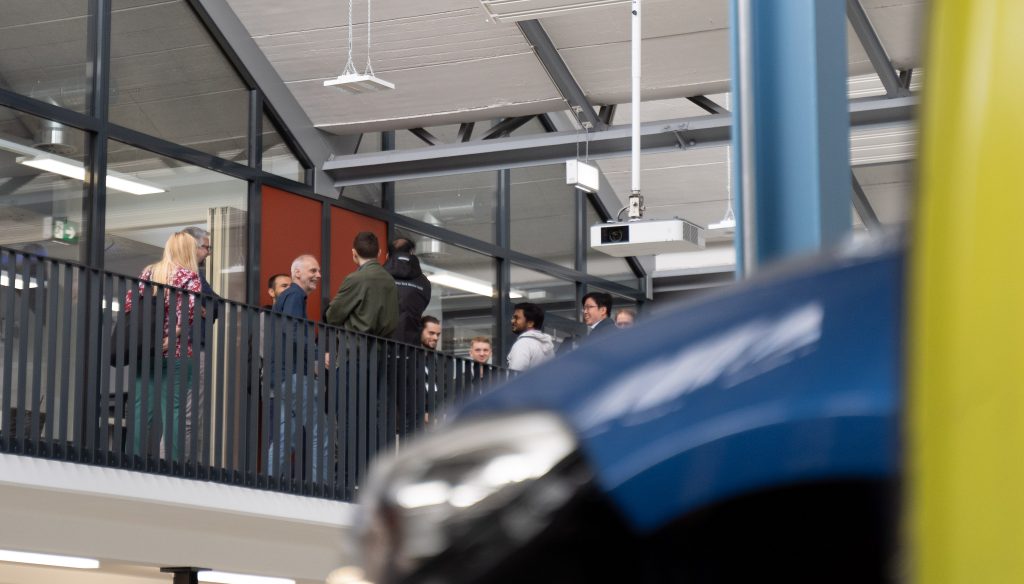
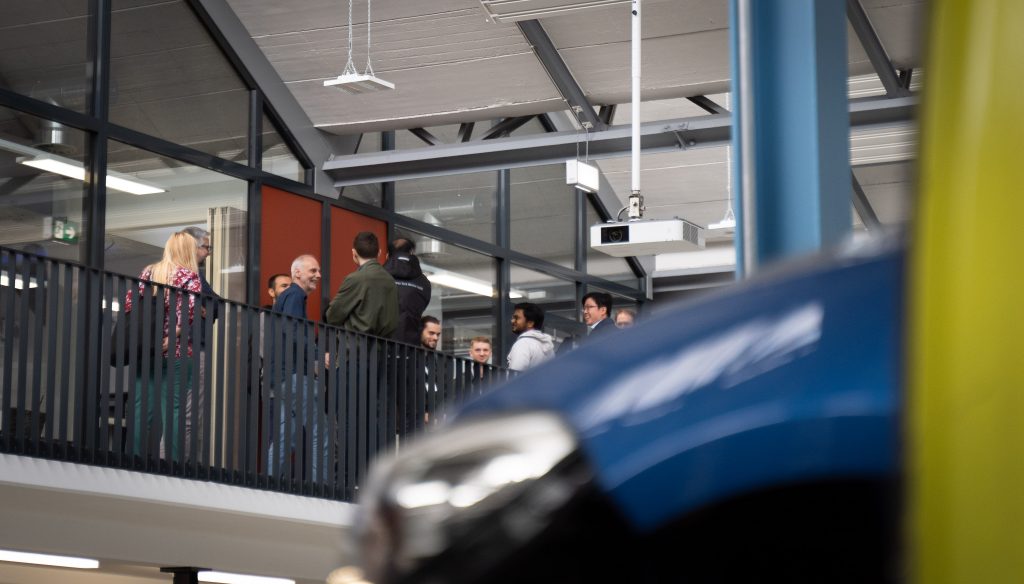
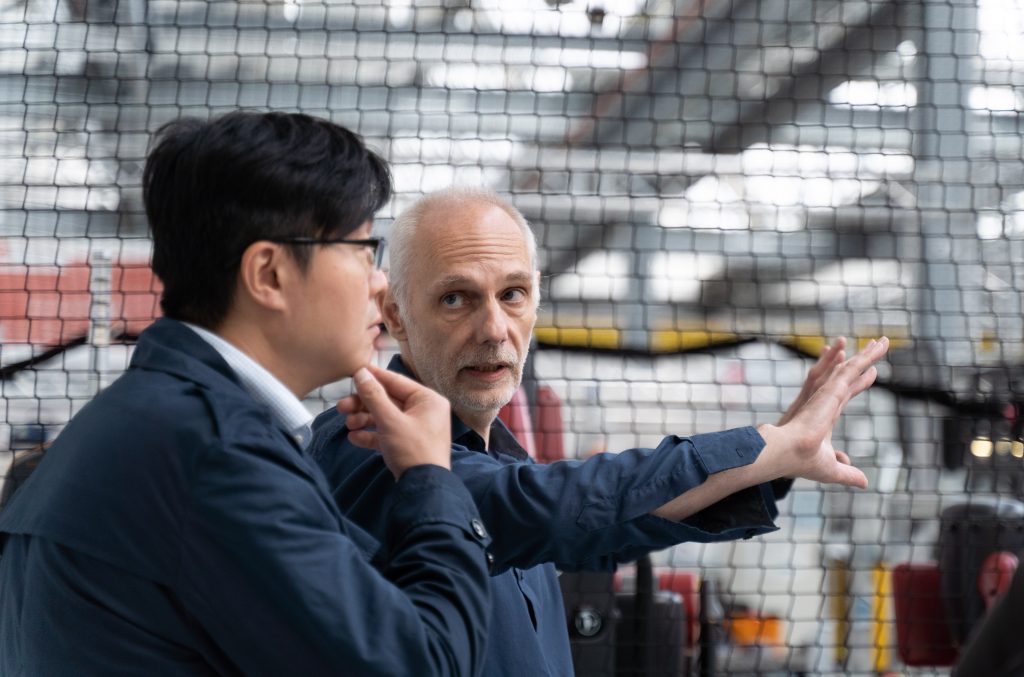
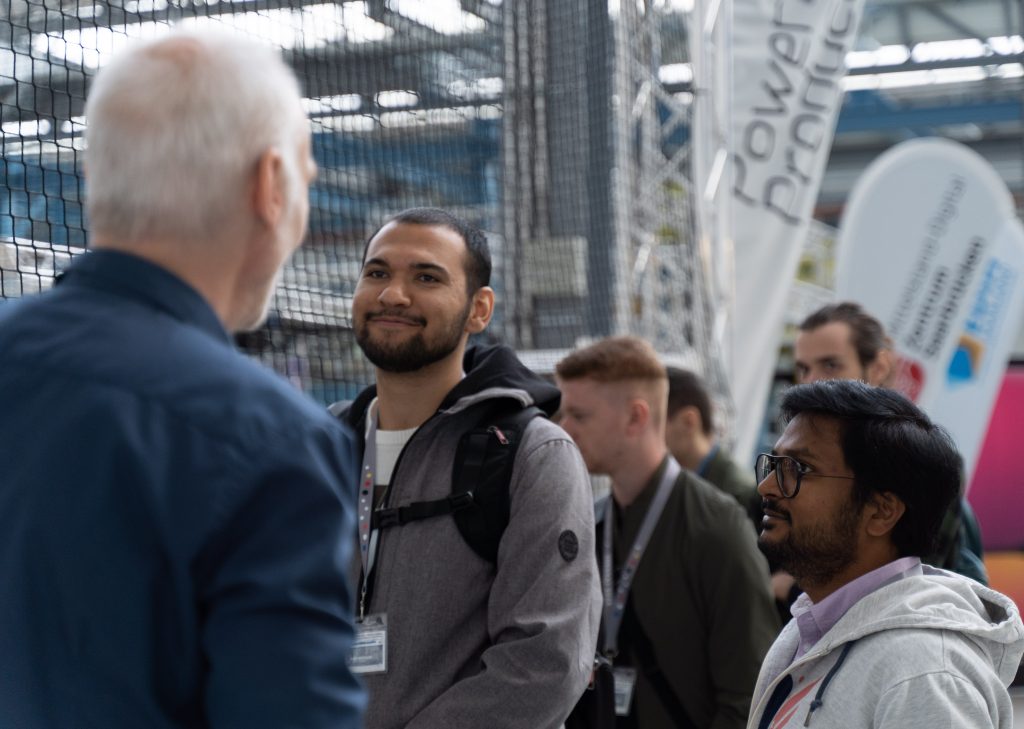
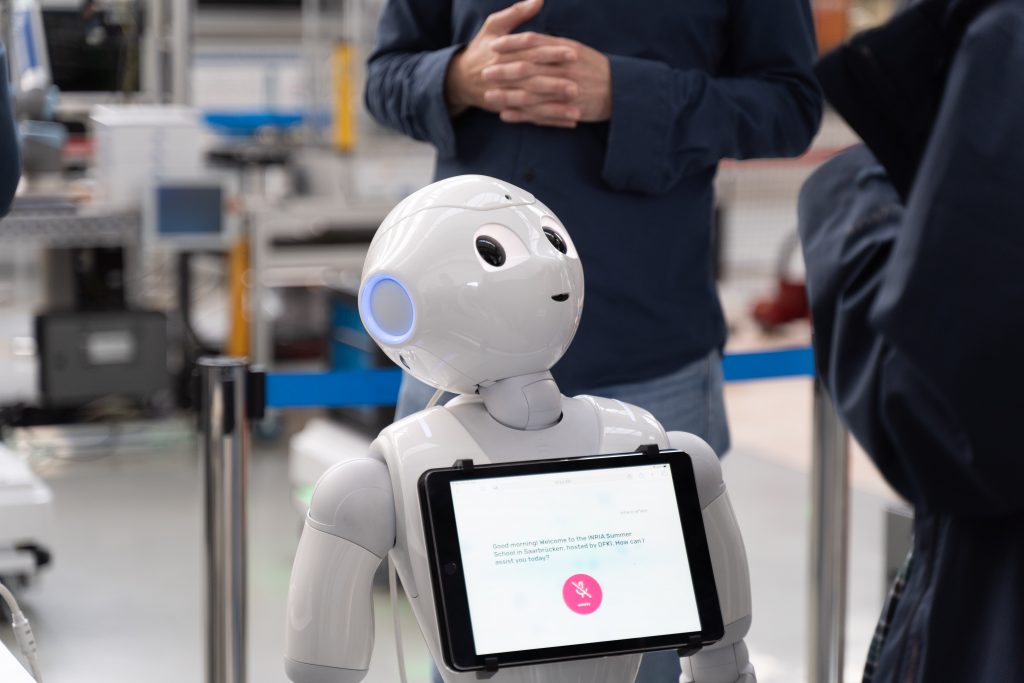
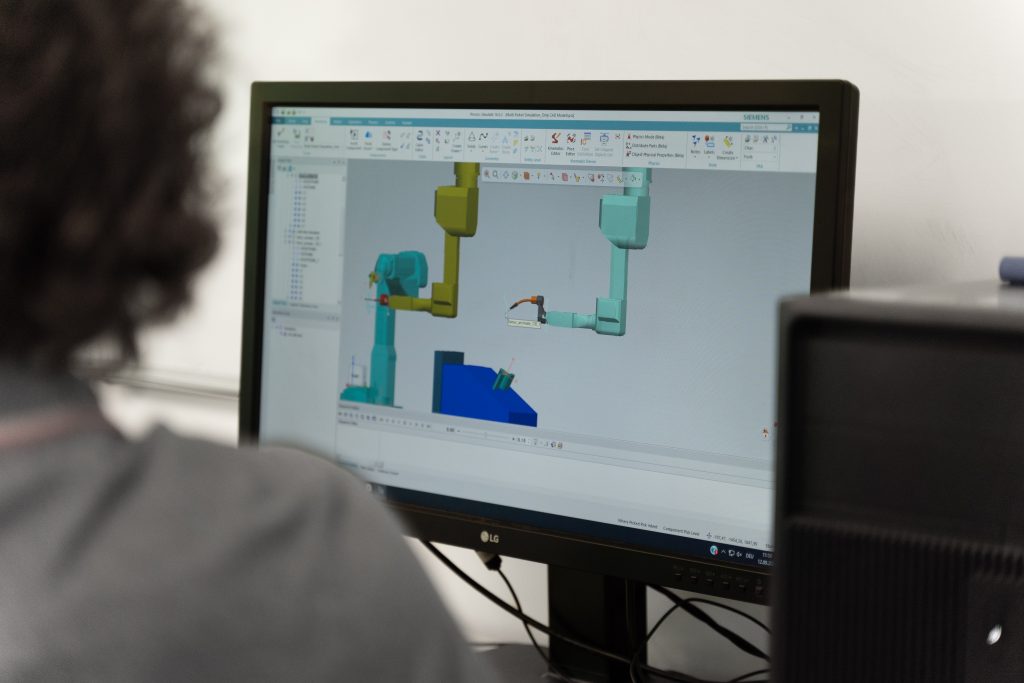
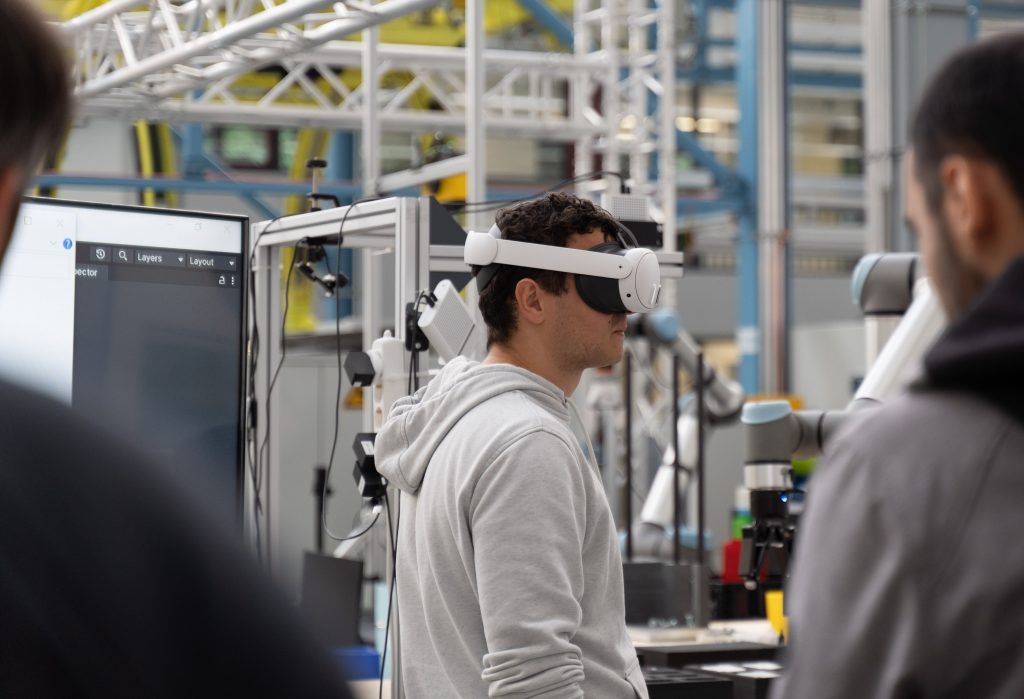
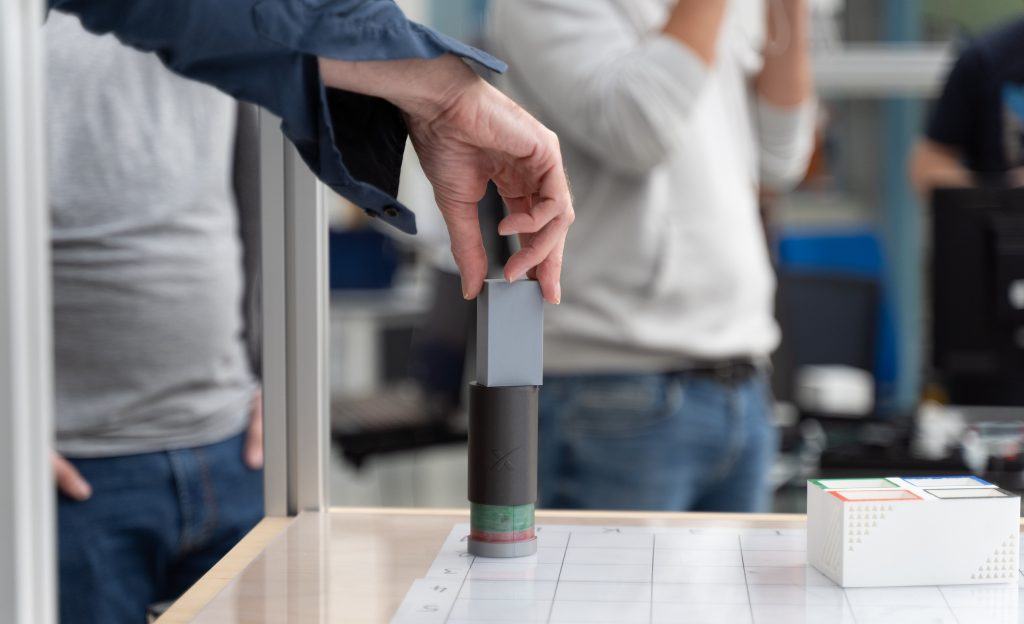
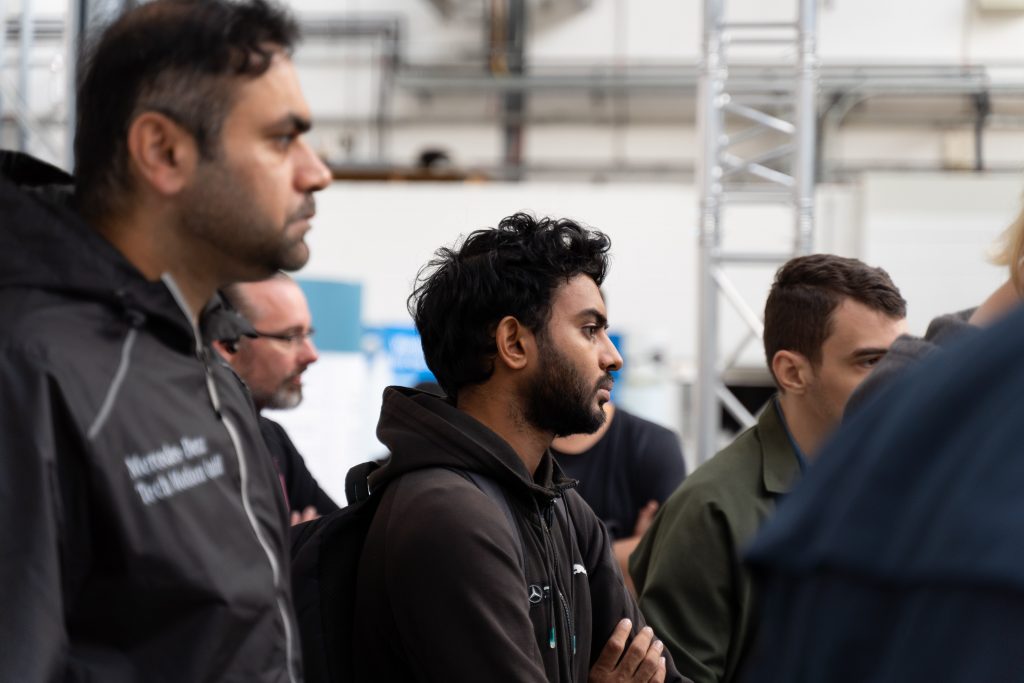
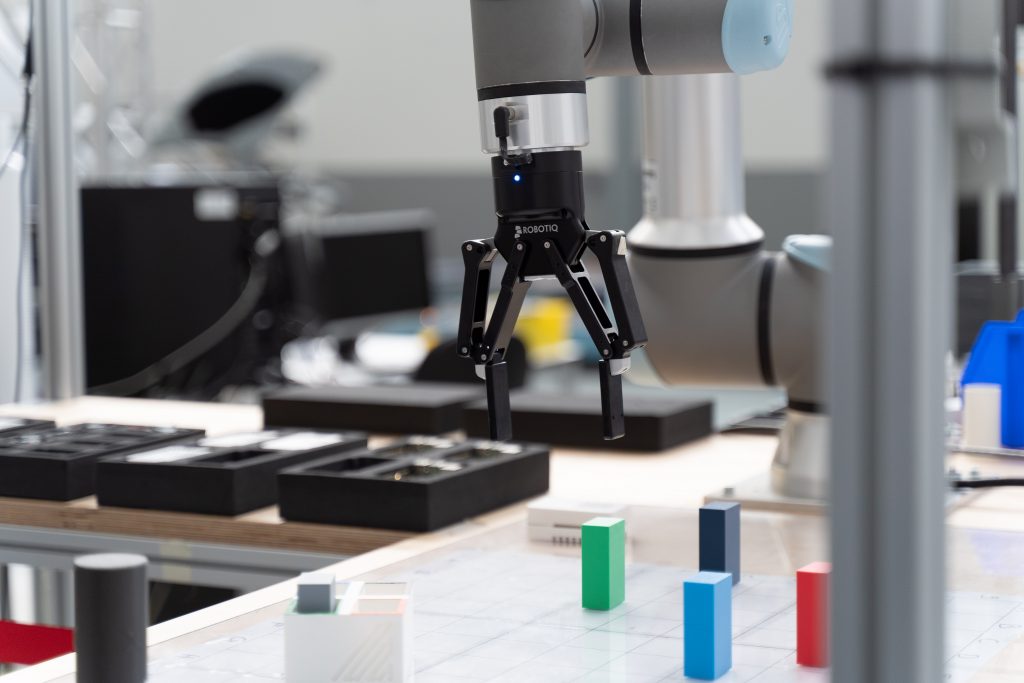
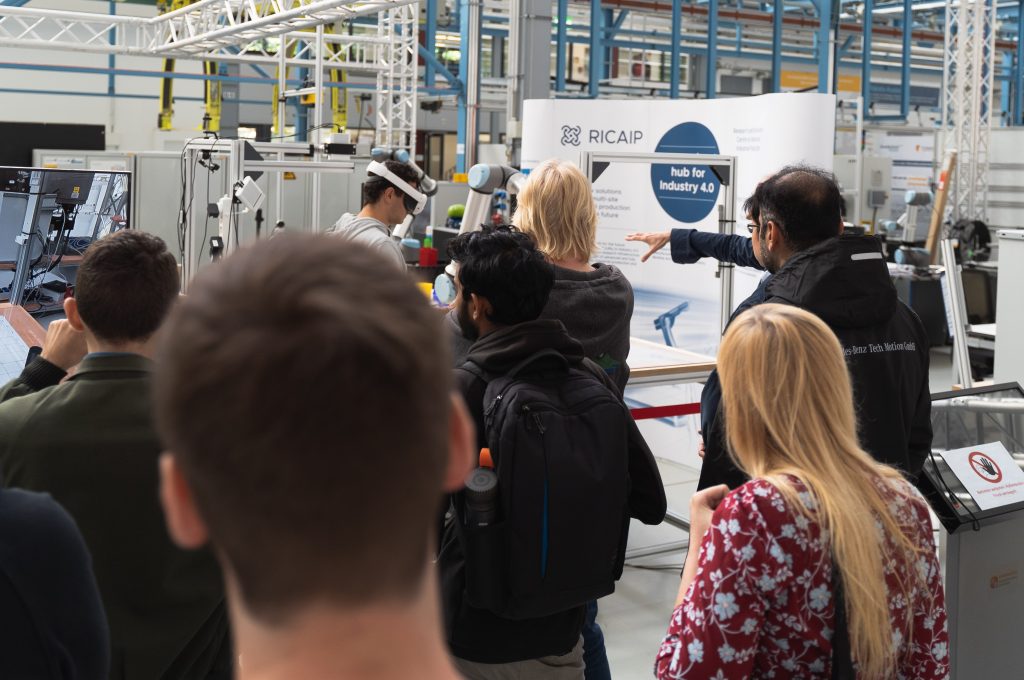
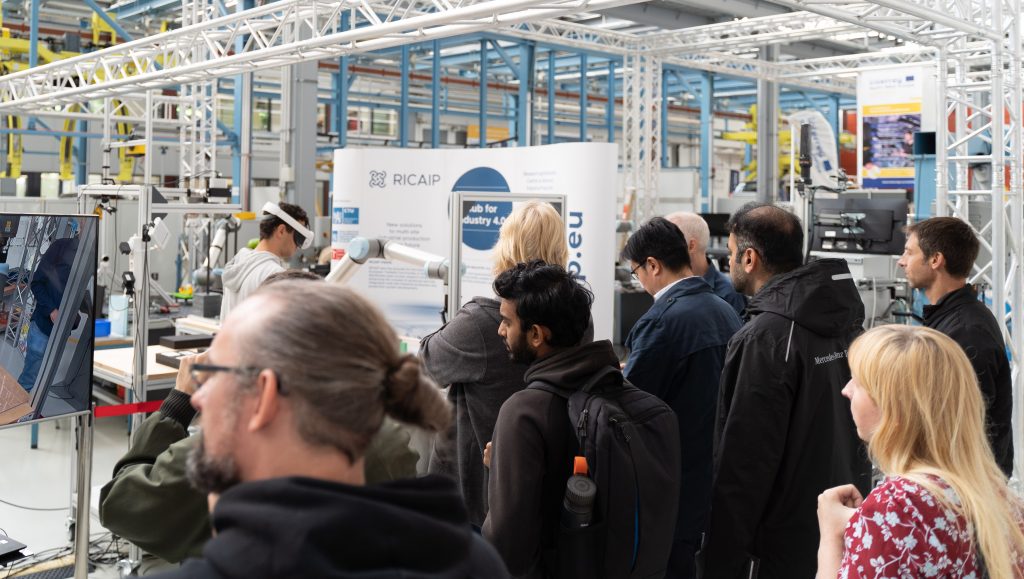
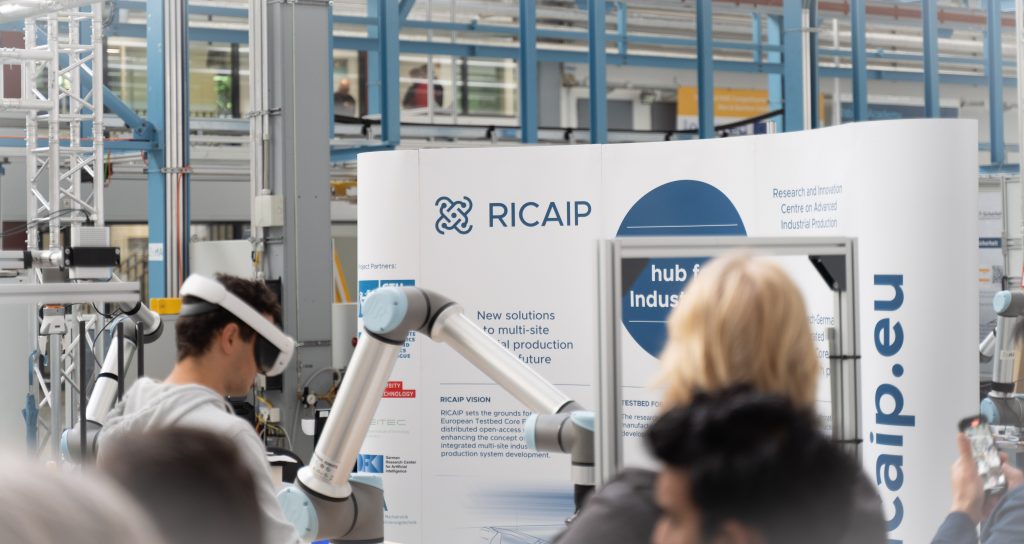
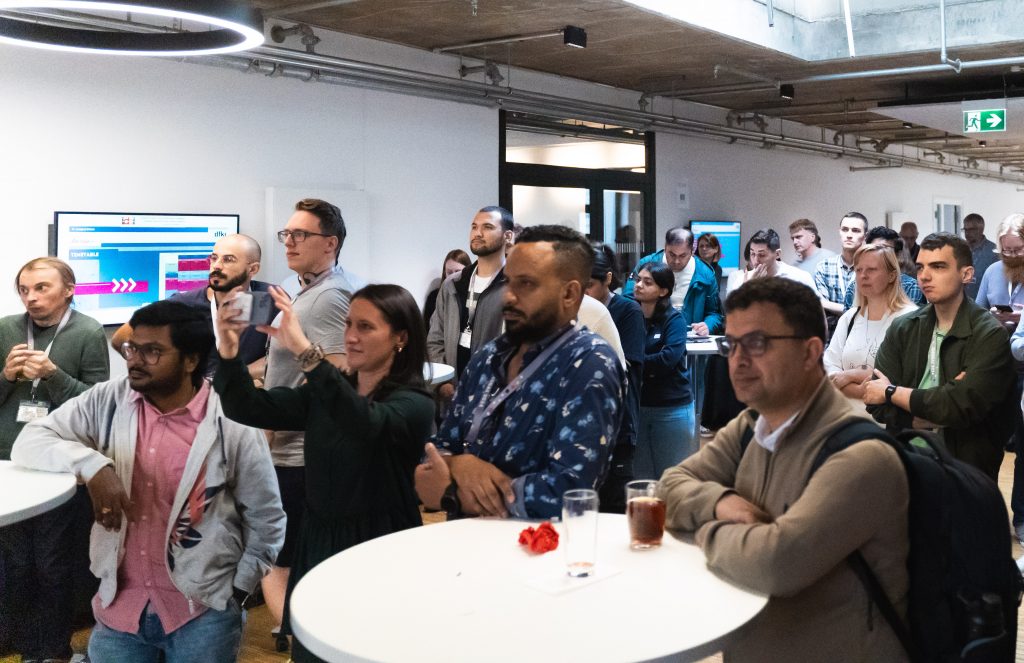
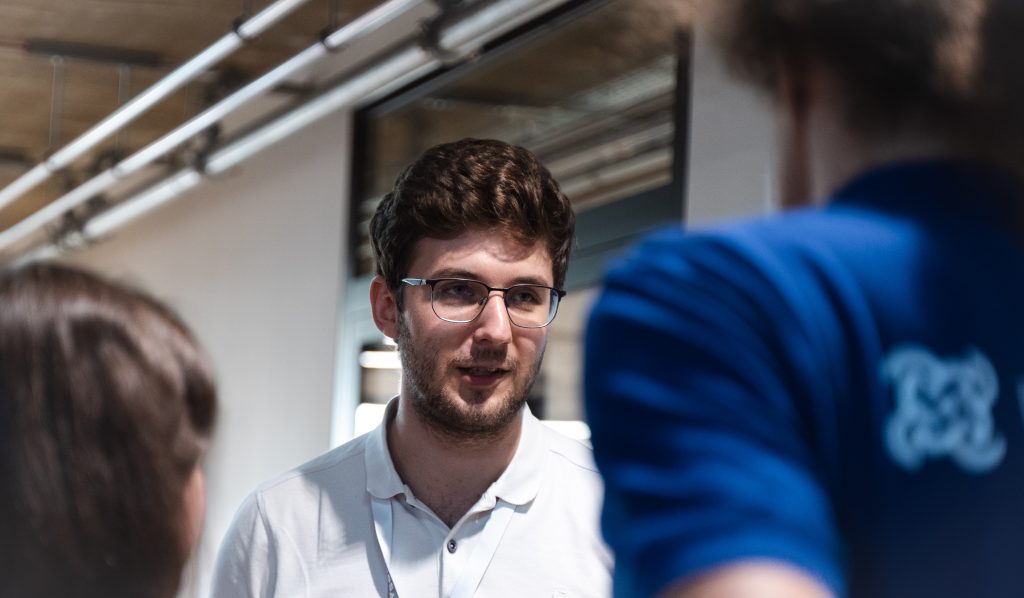
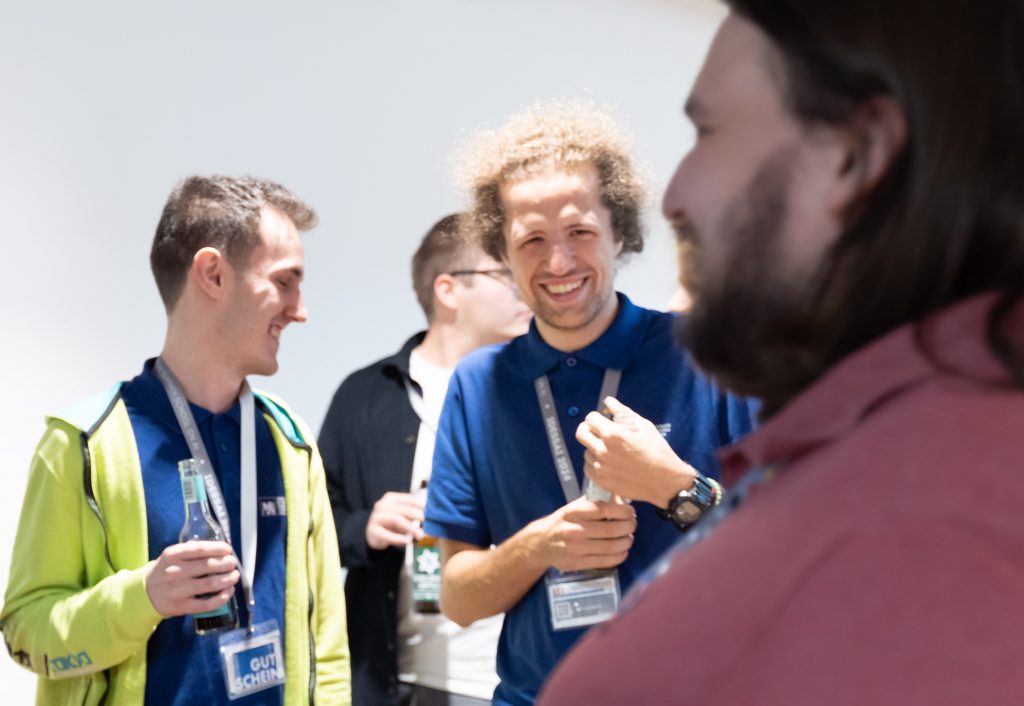
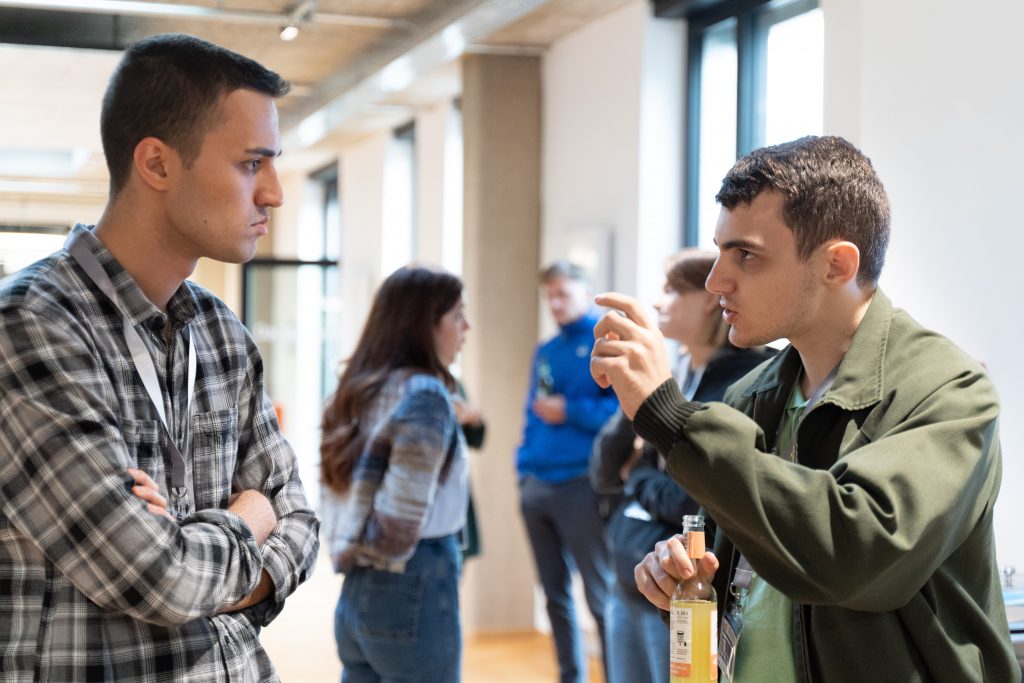
Venue
IDESSAI 2024 is planned as a fully in-person event, which will take place at the University of Saarland. Remote attendance will not be possible.
